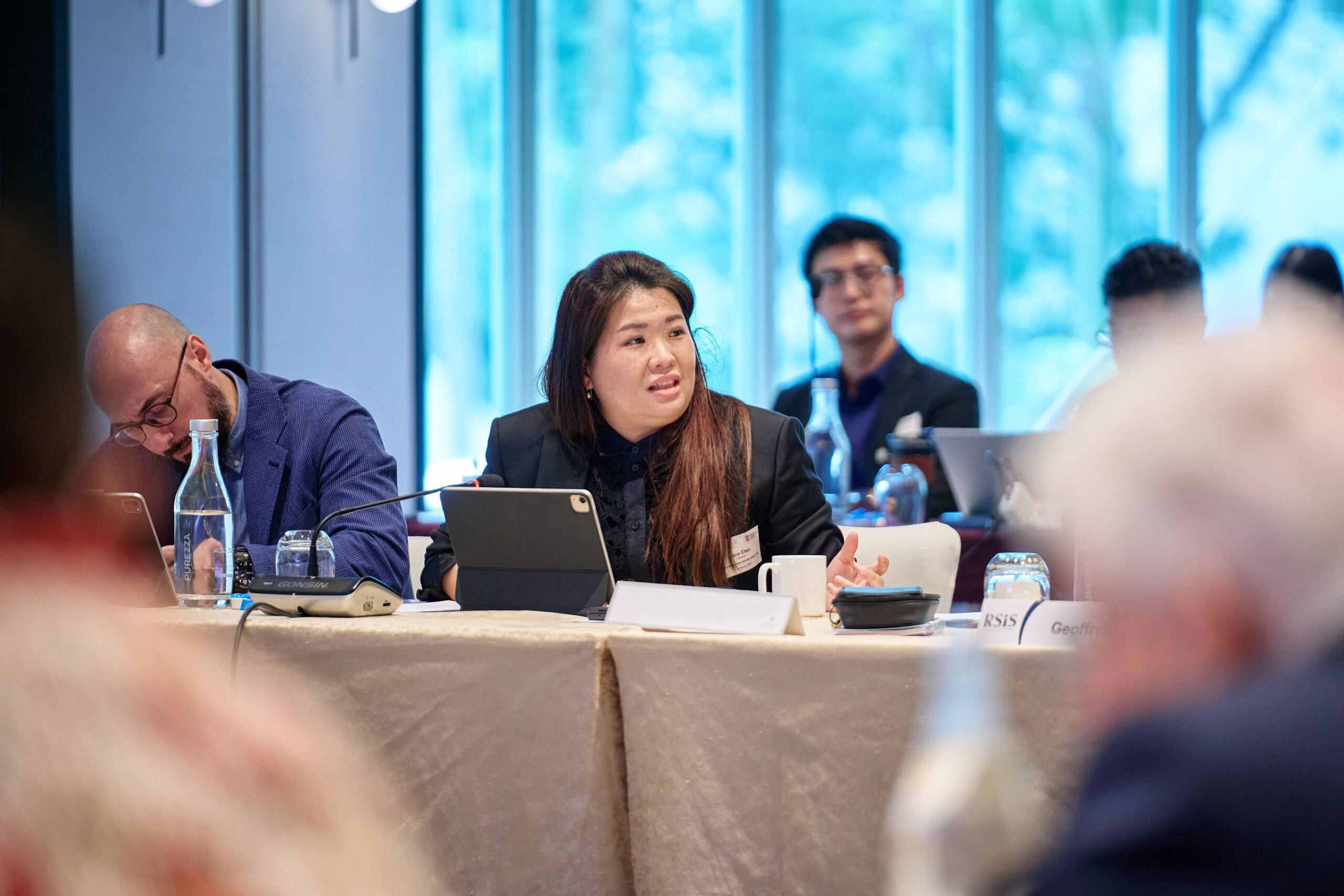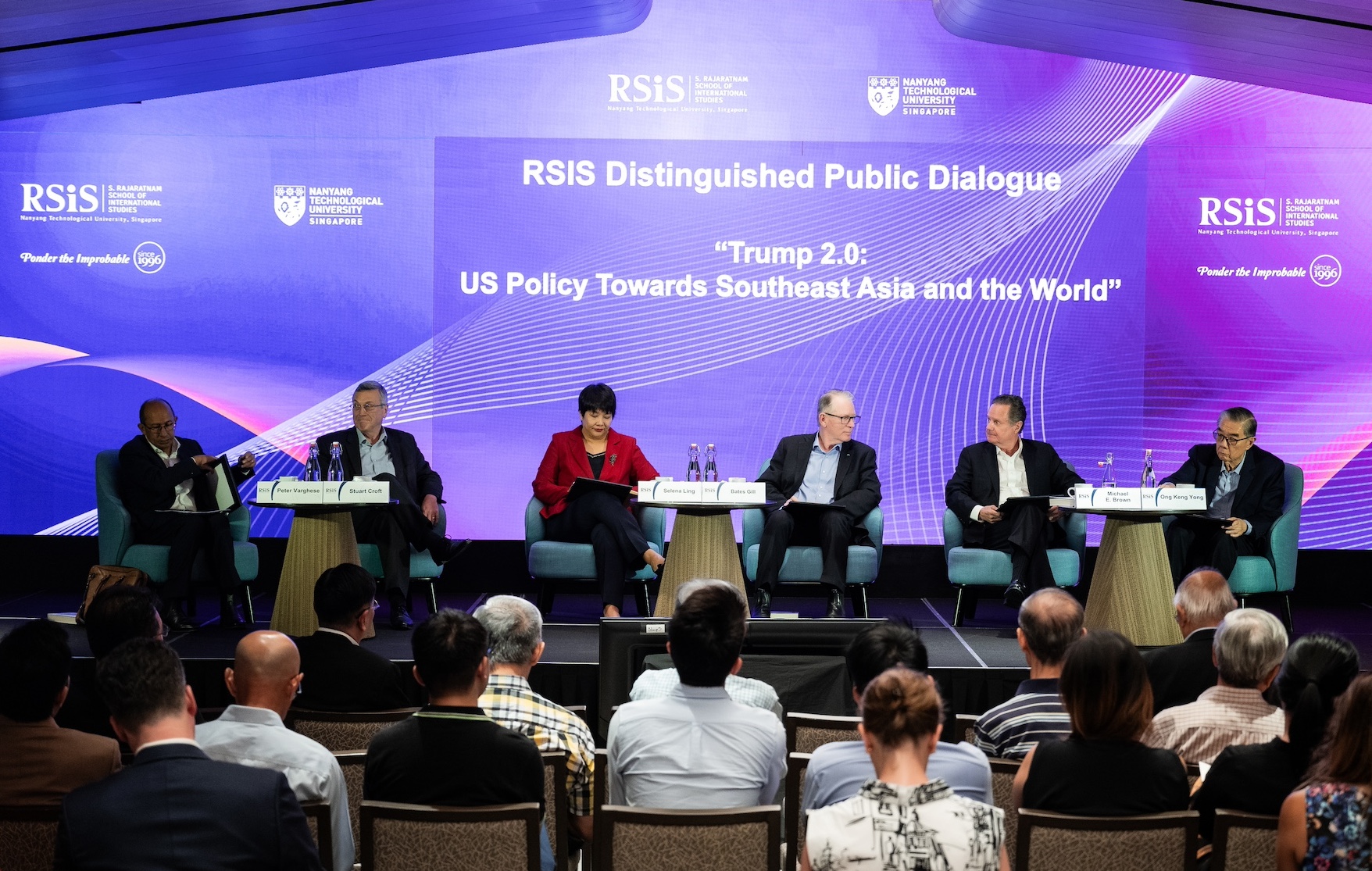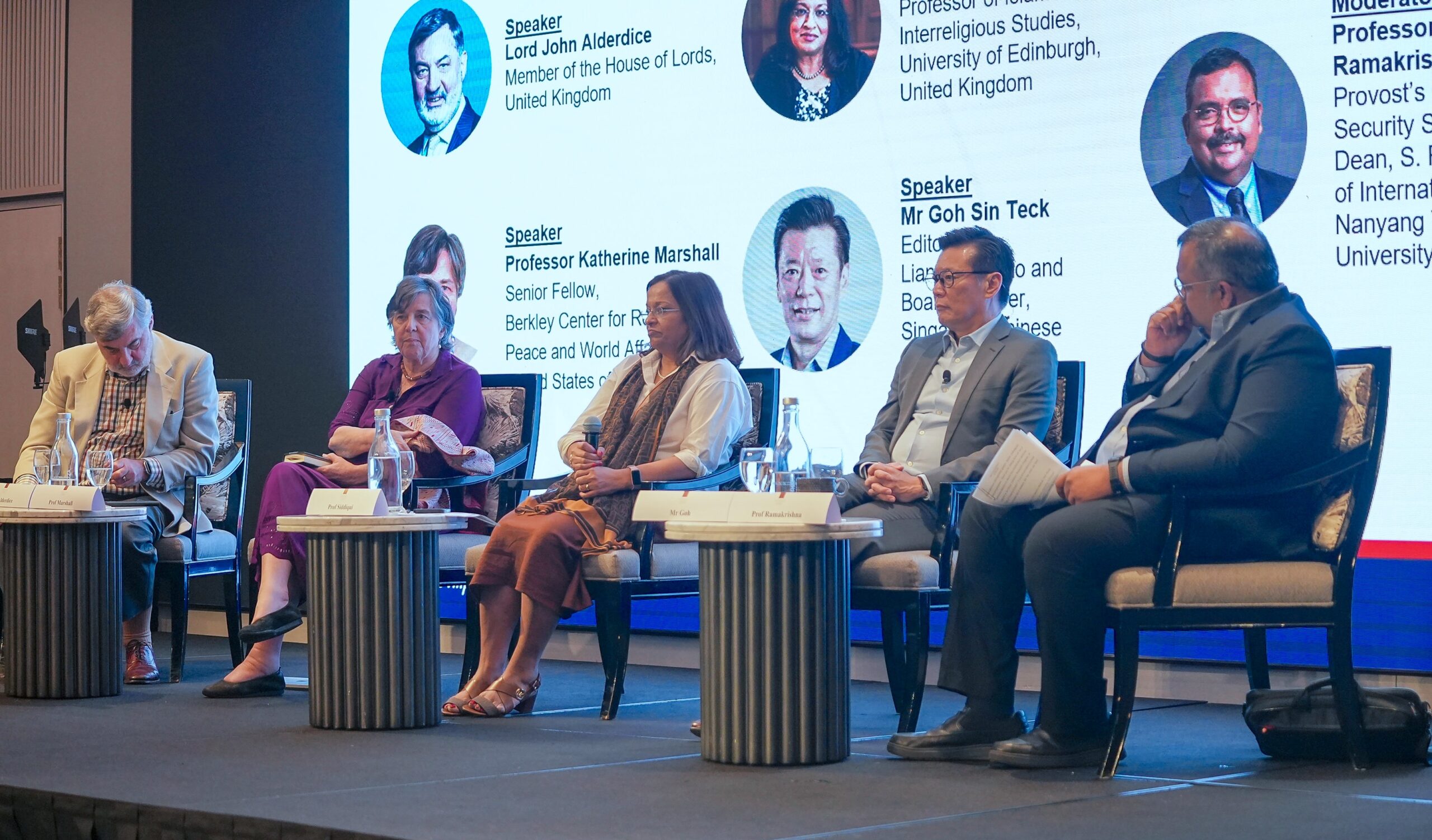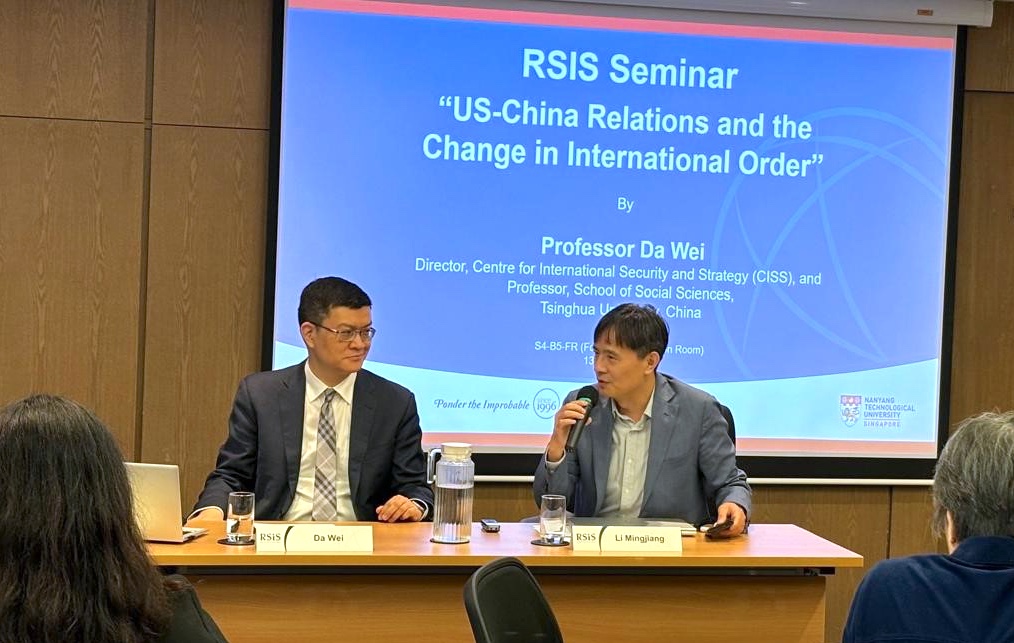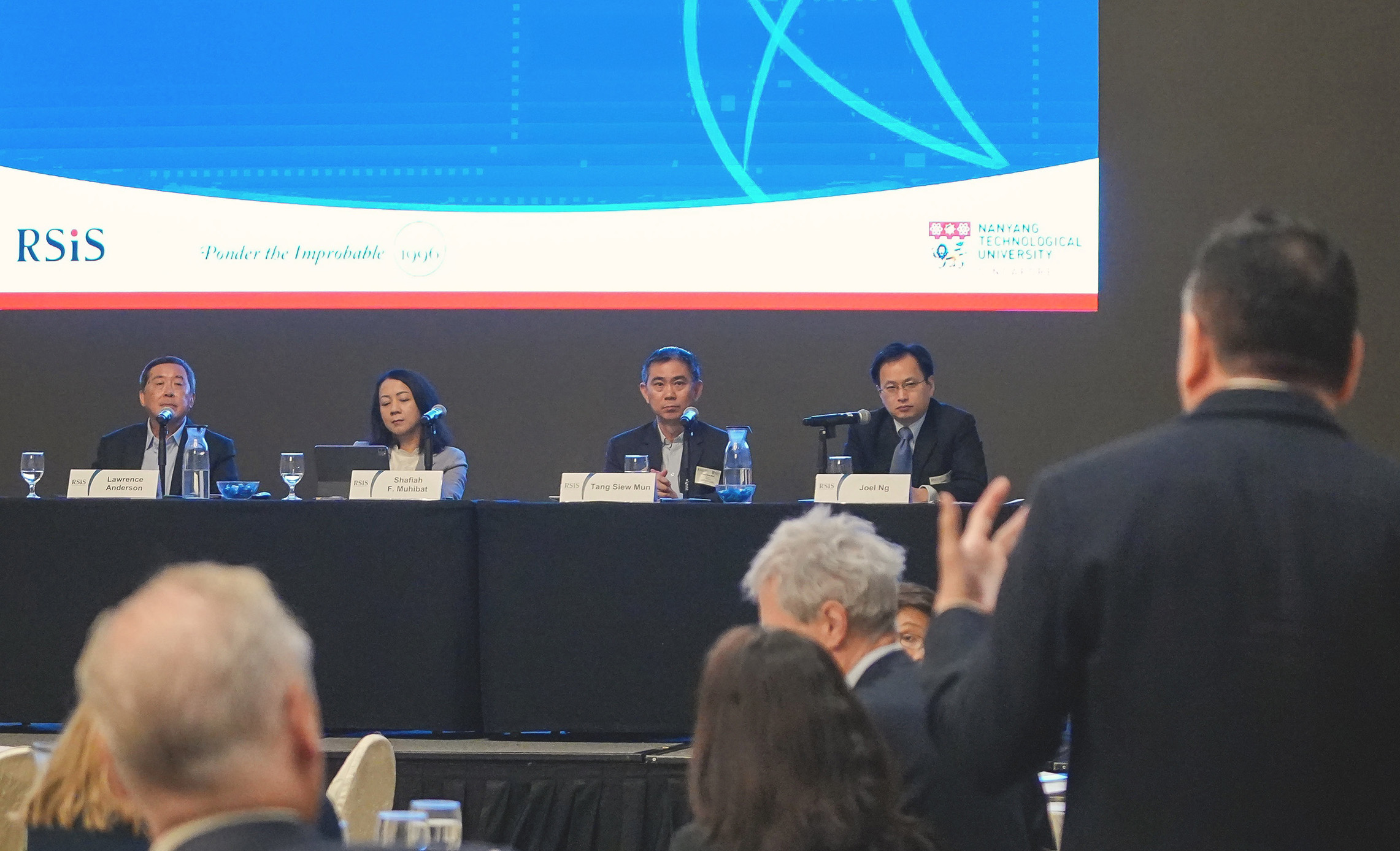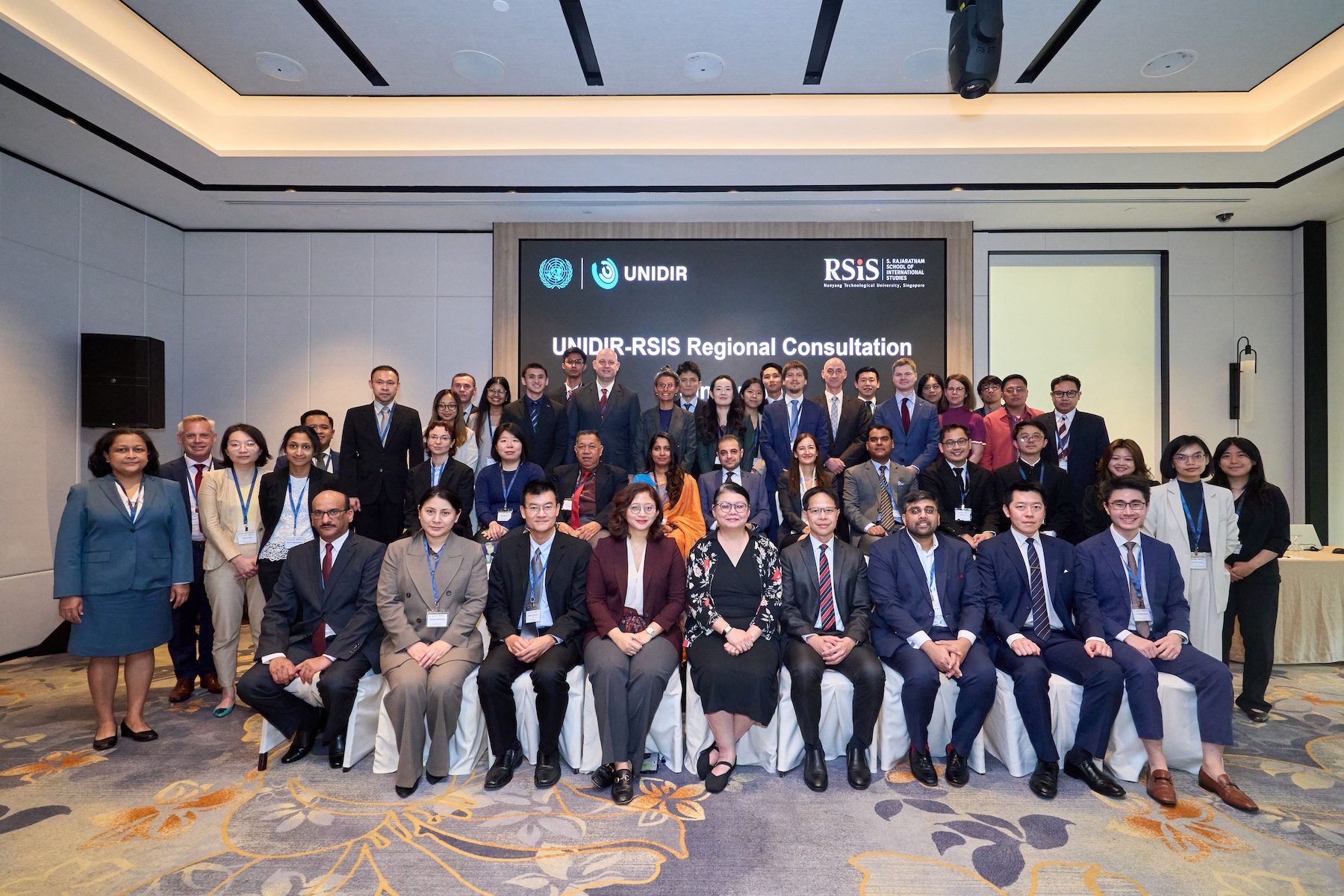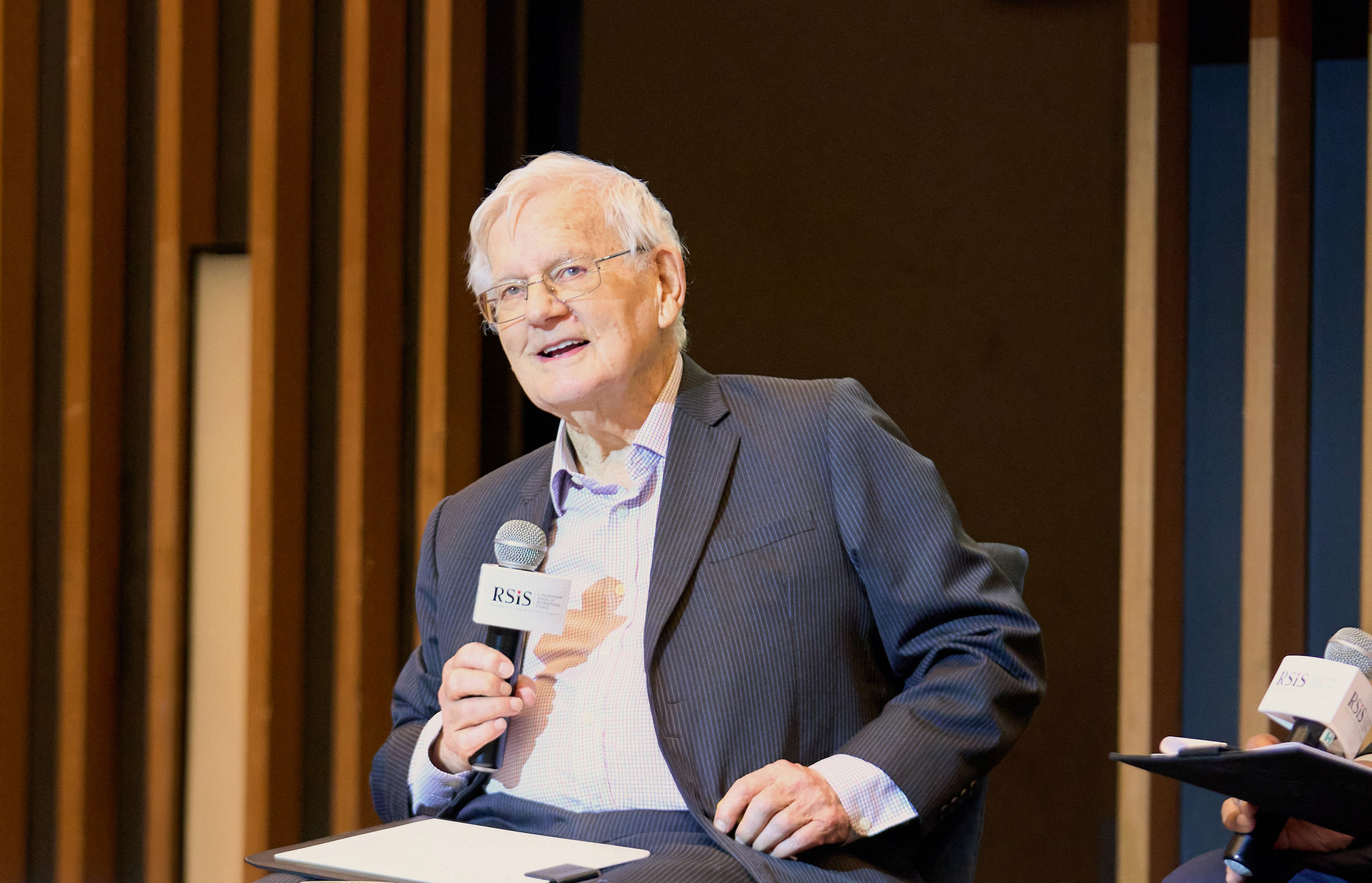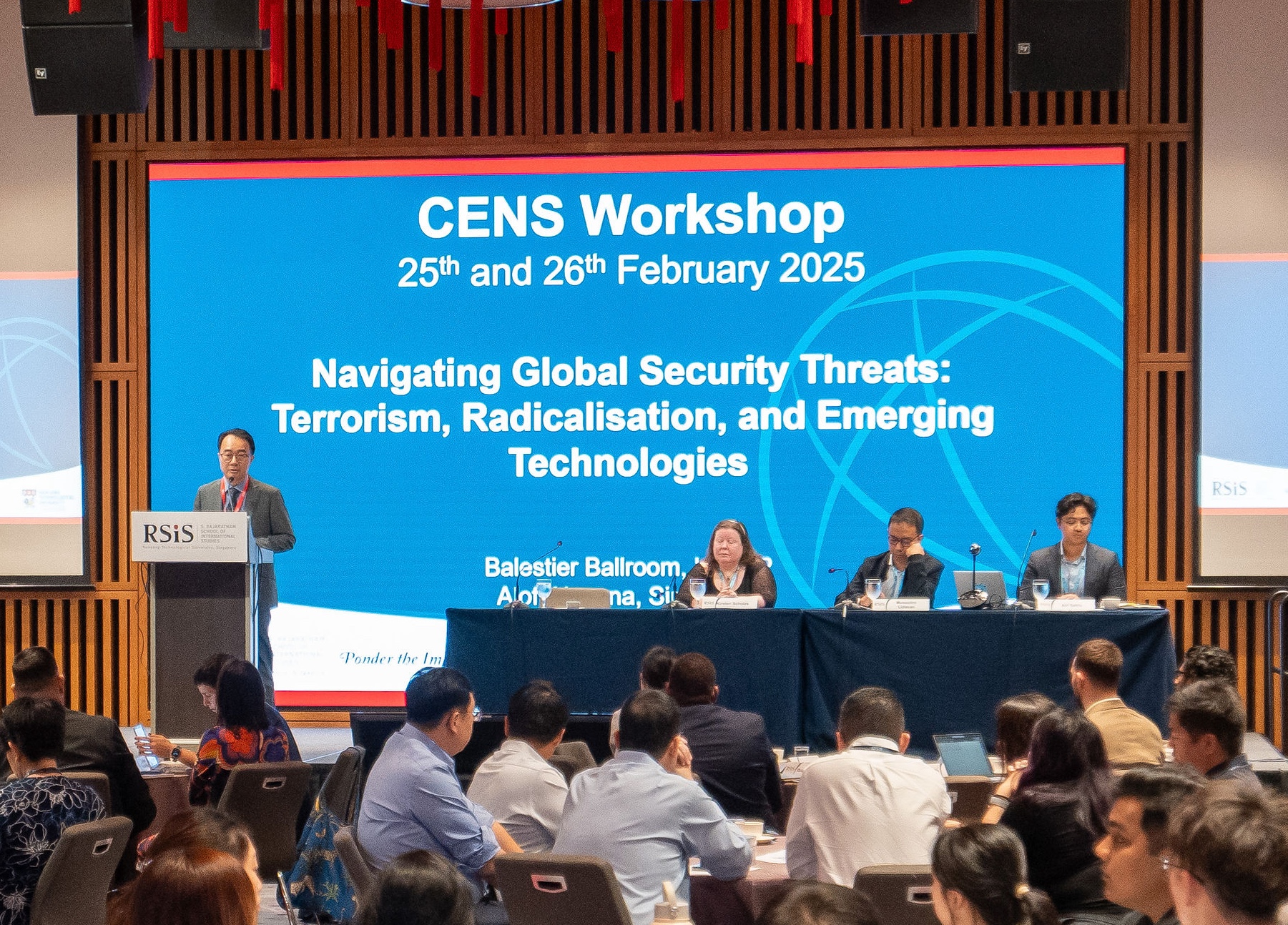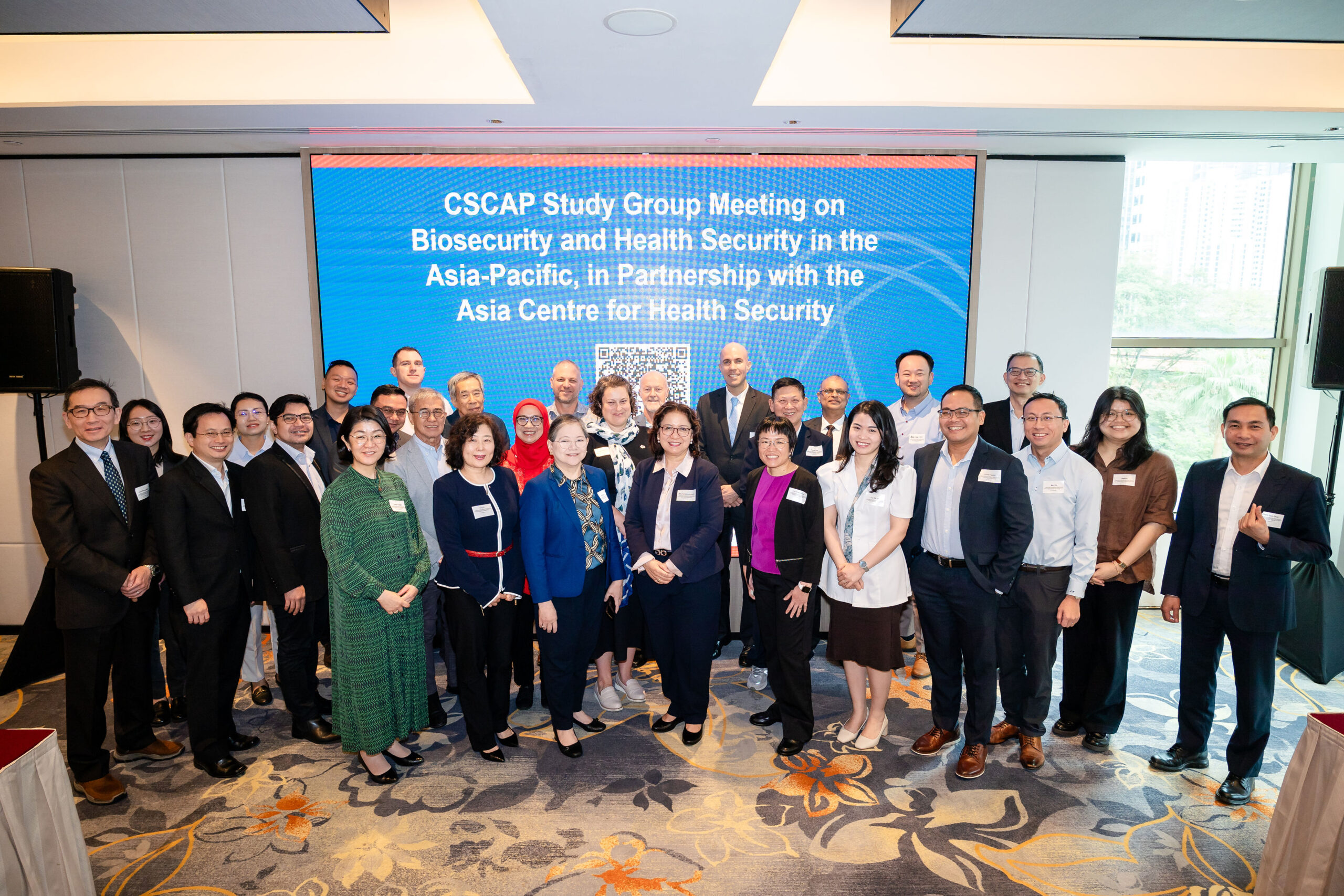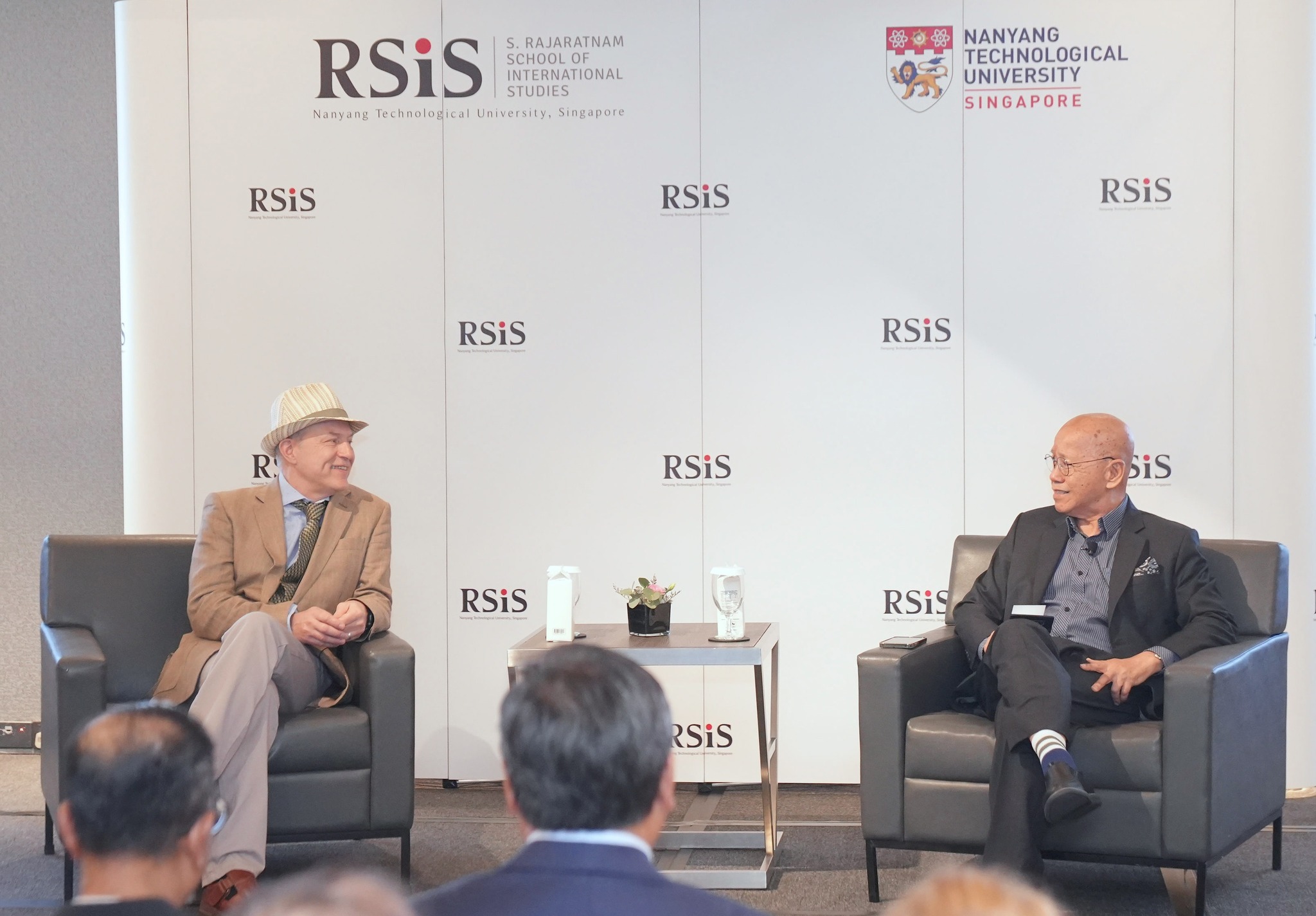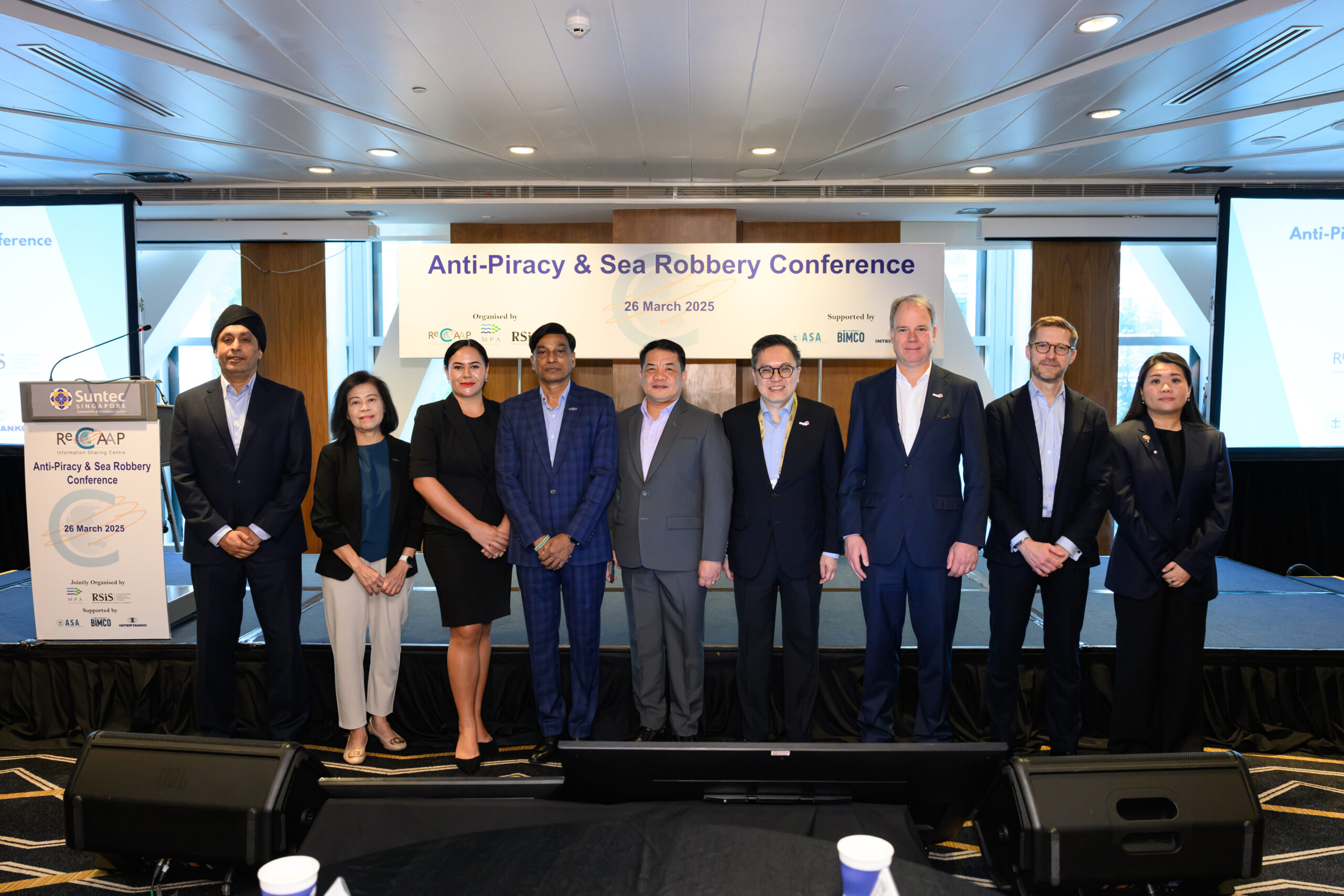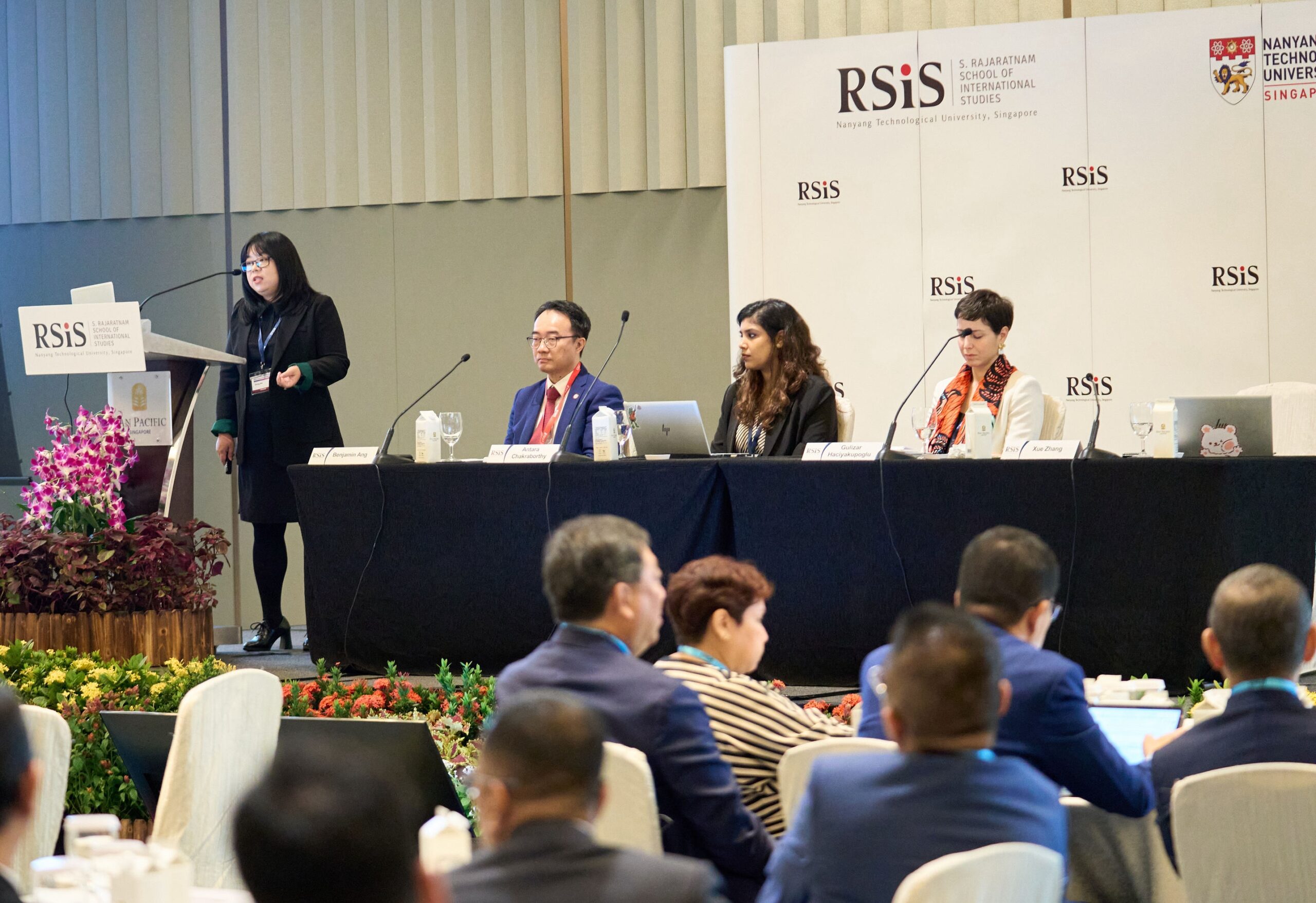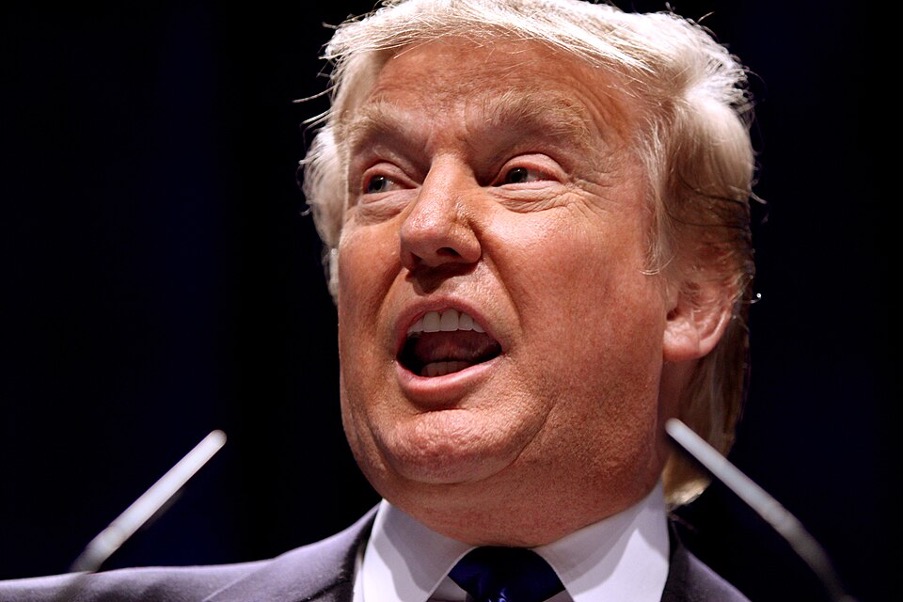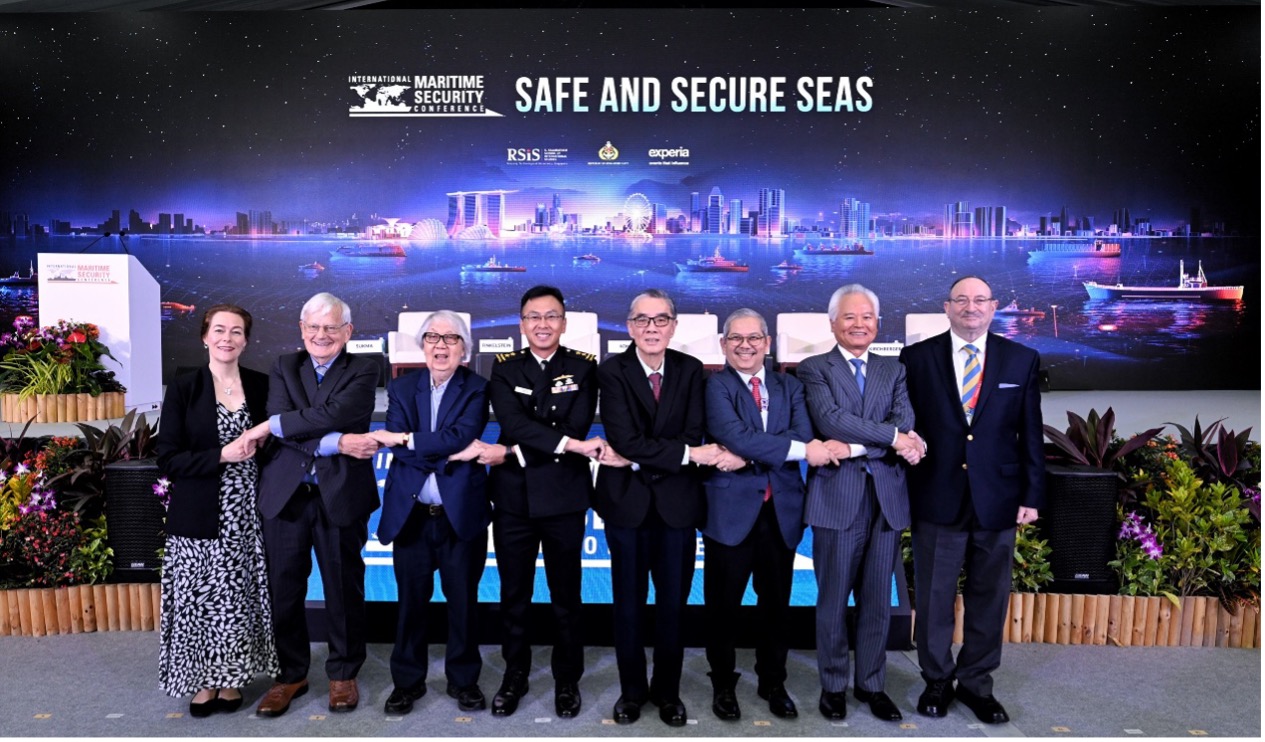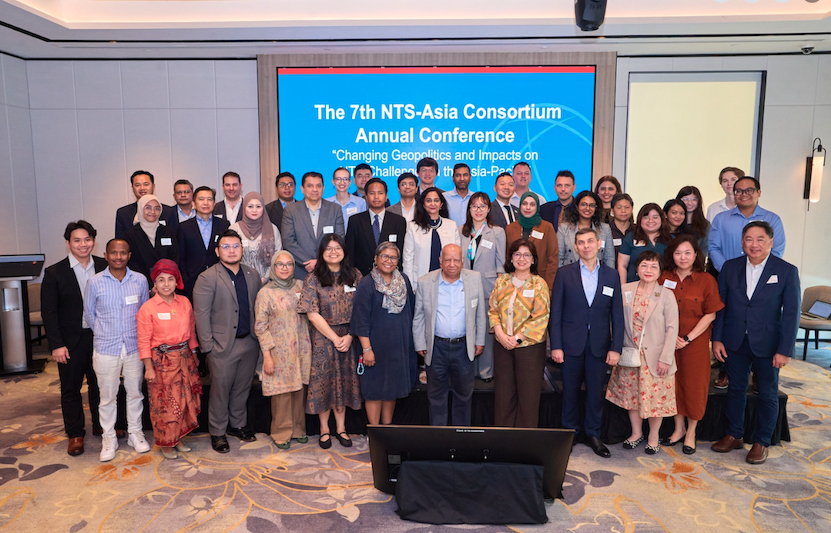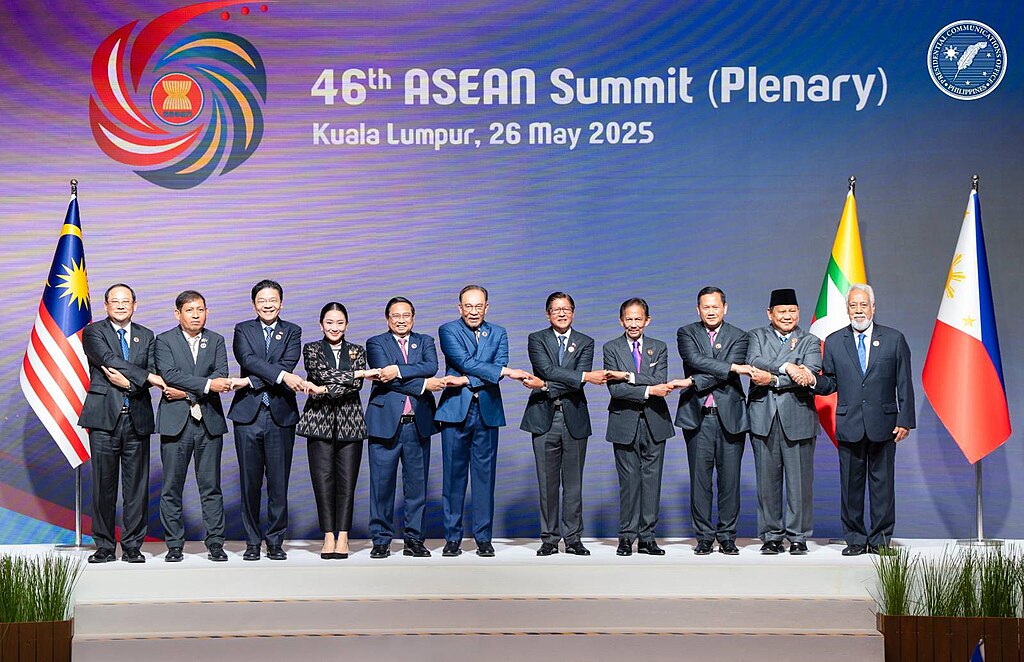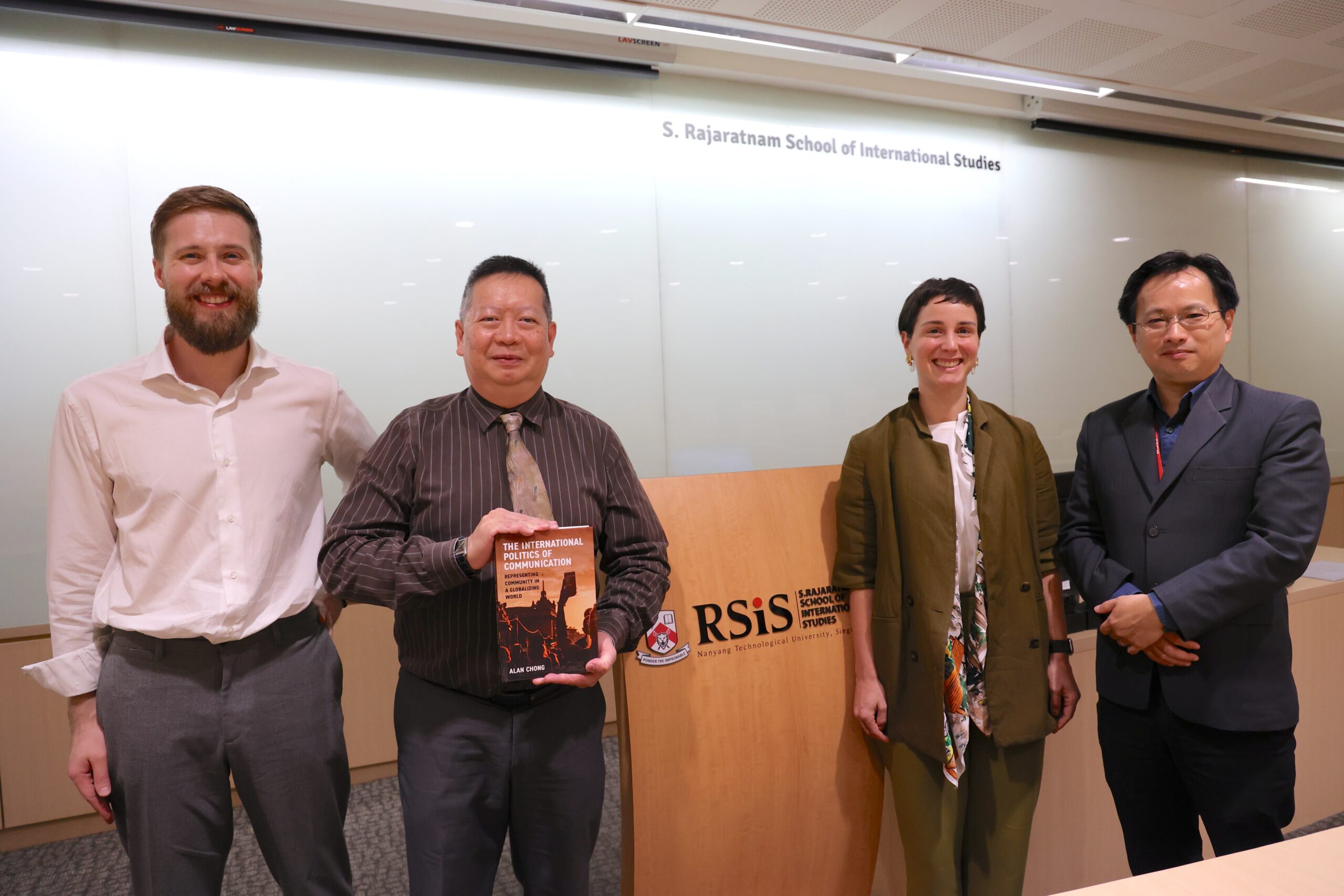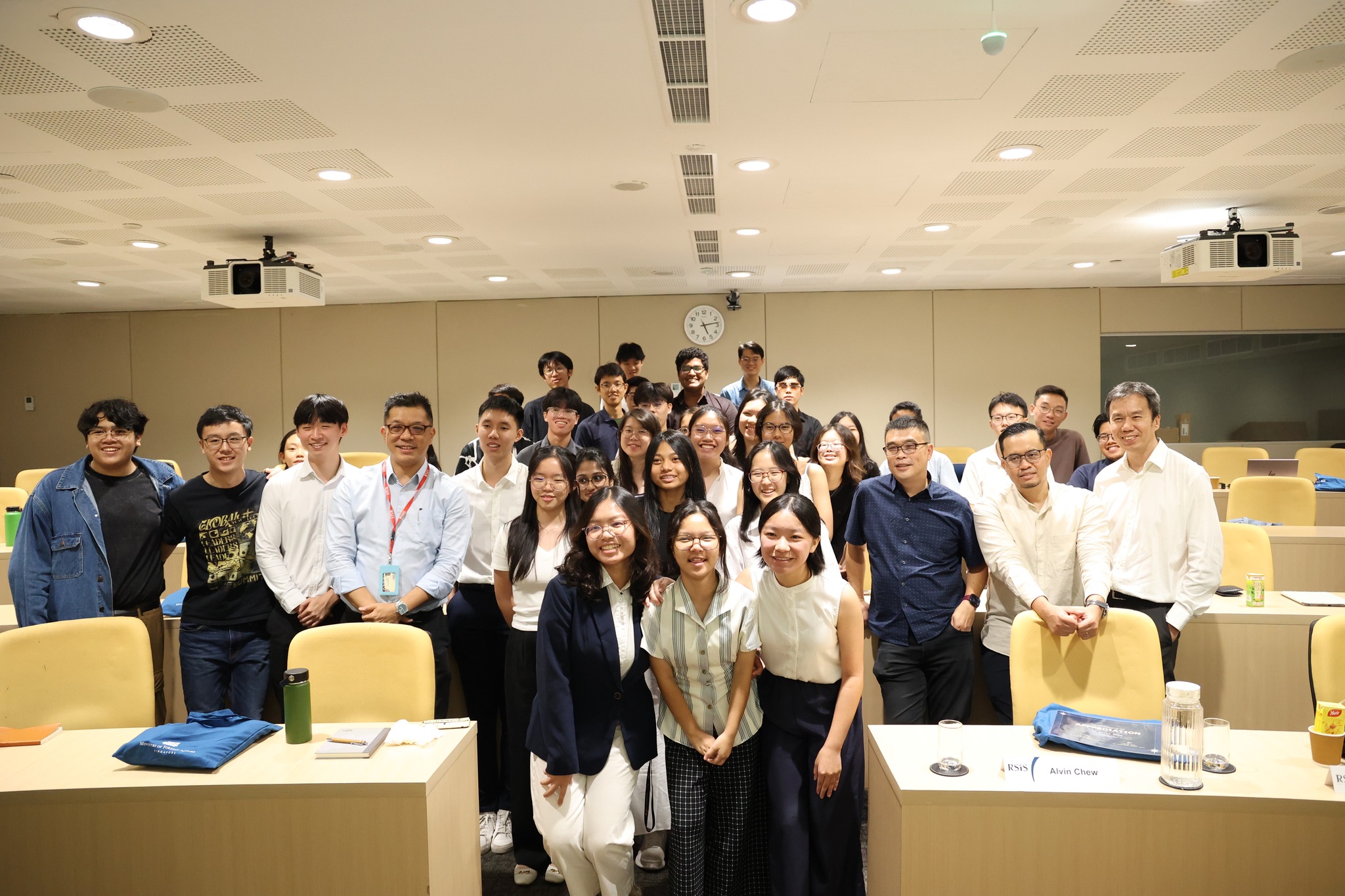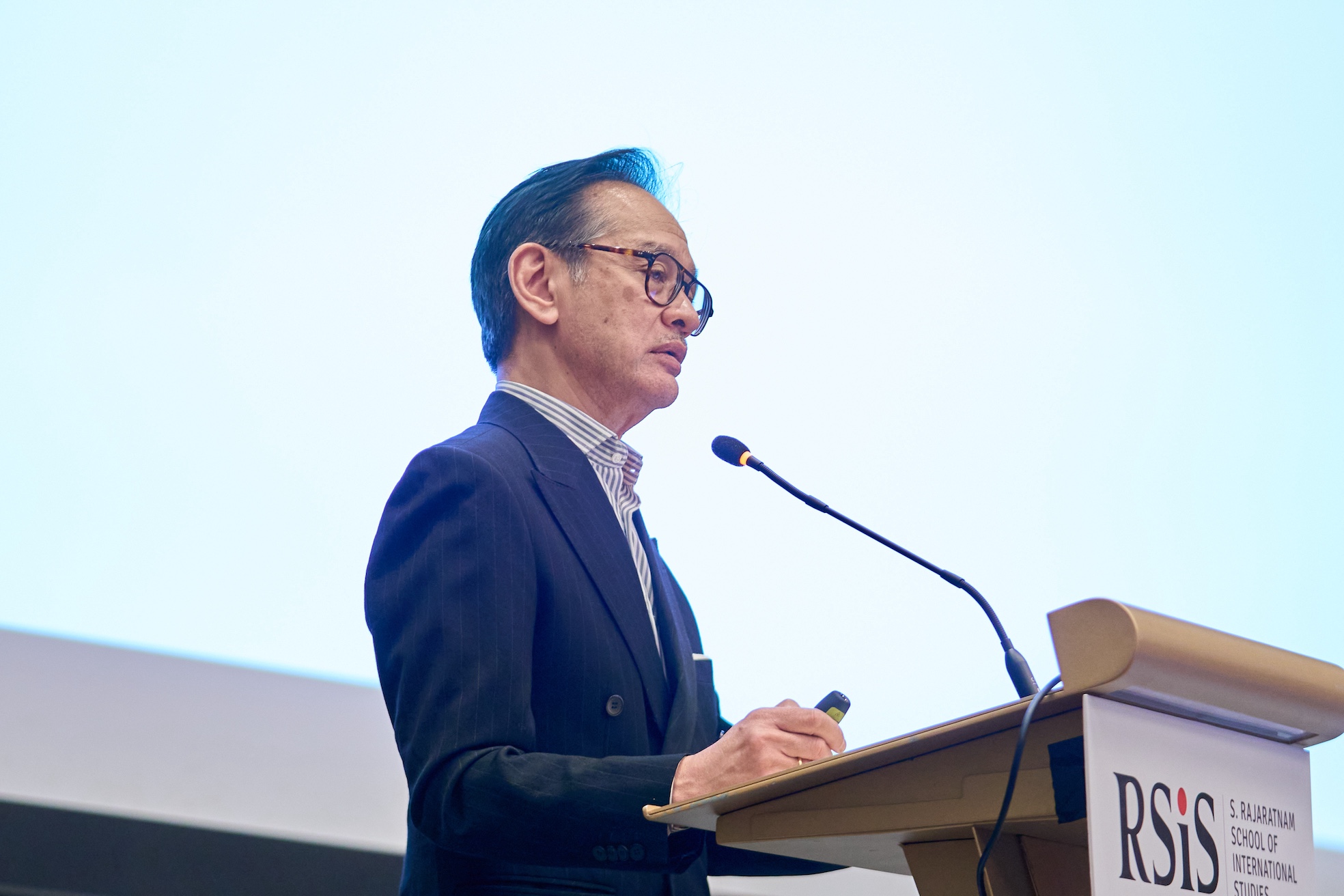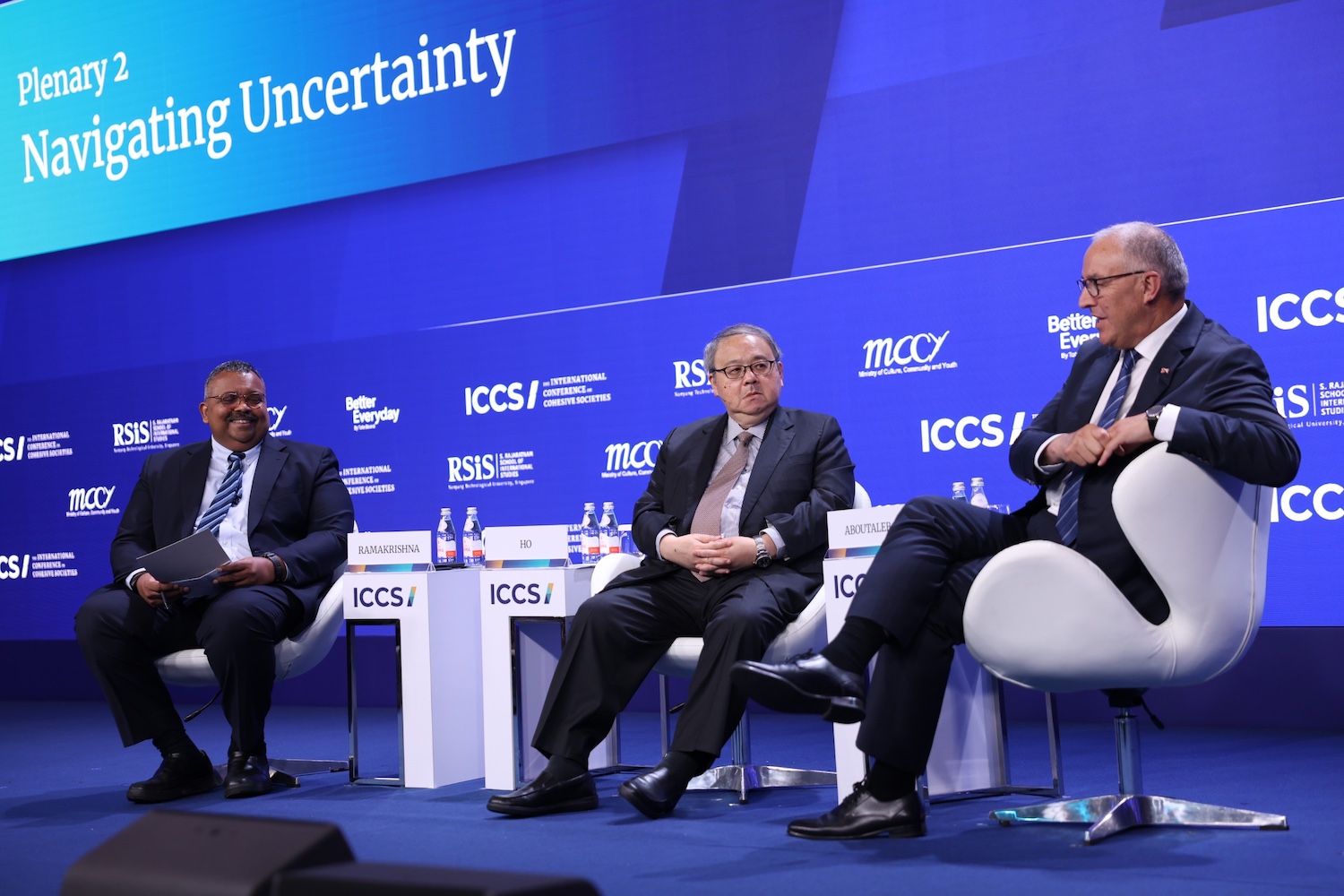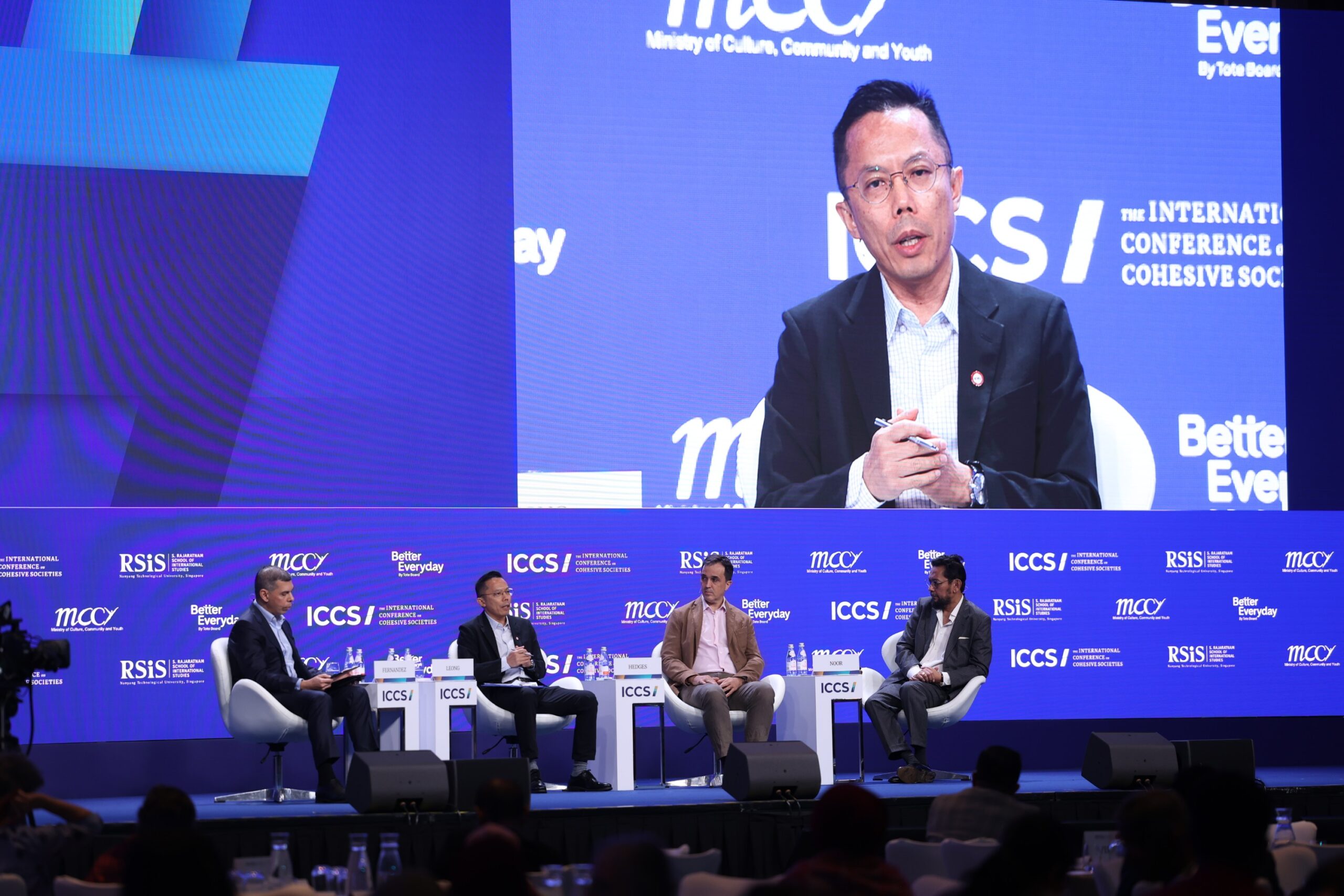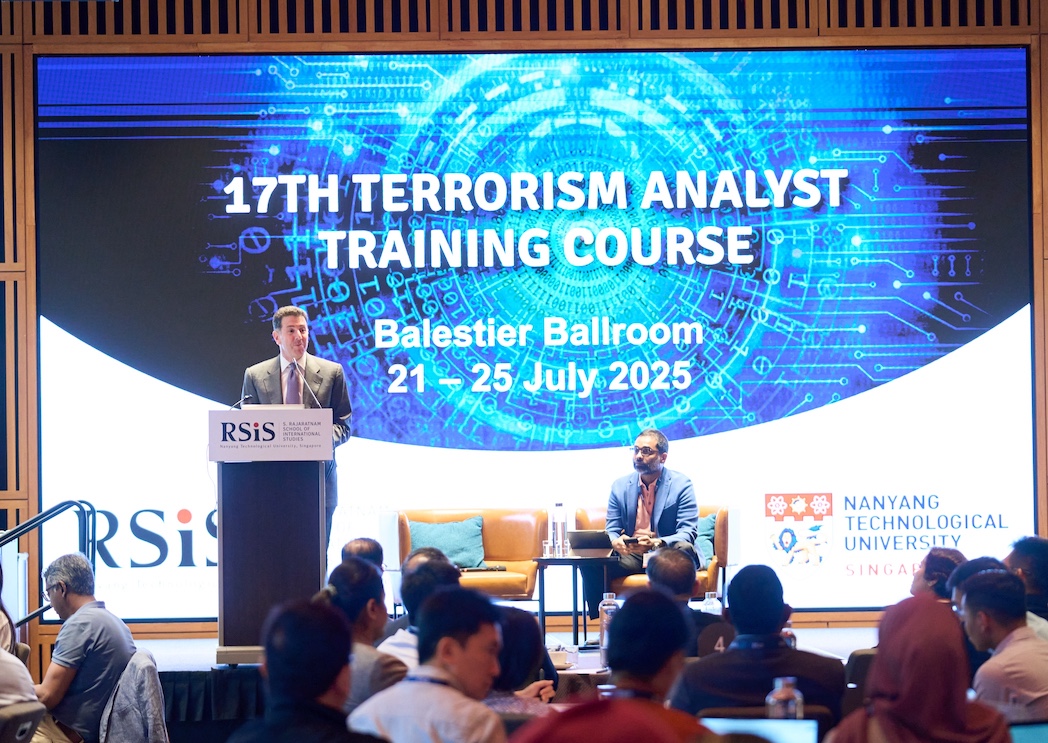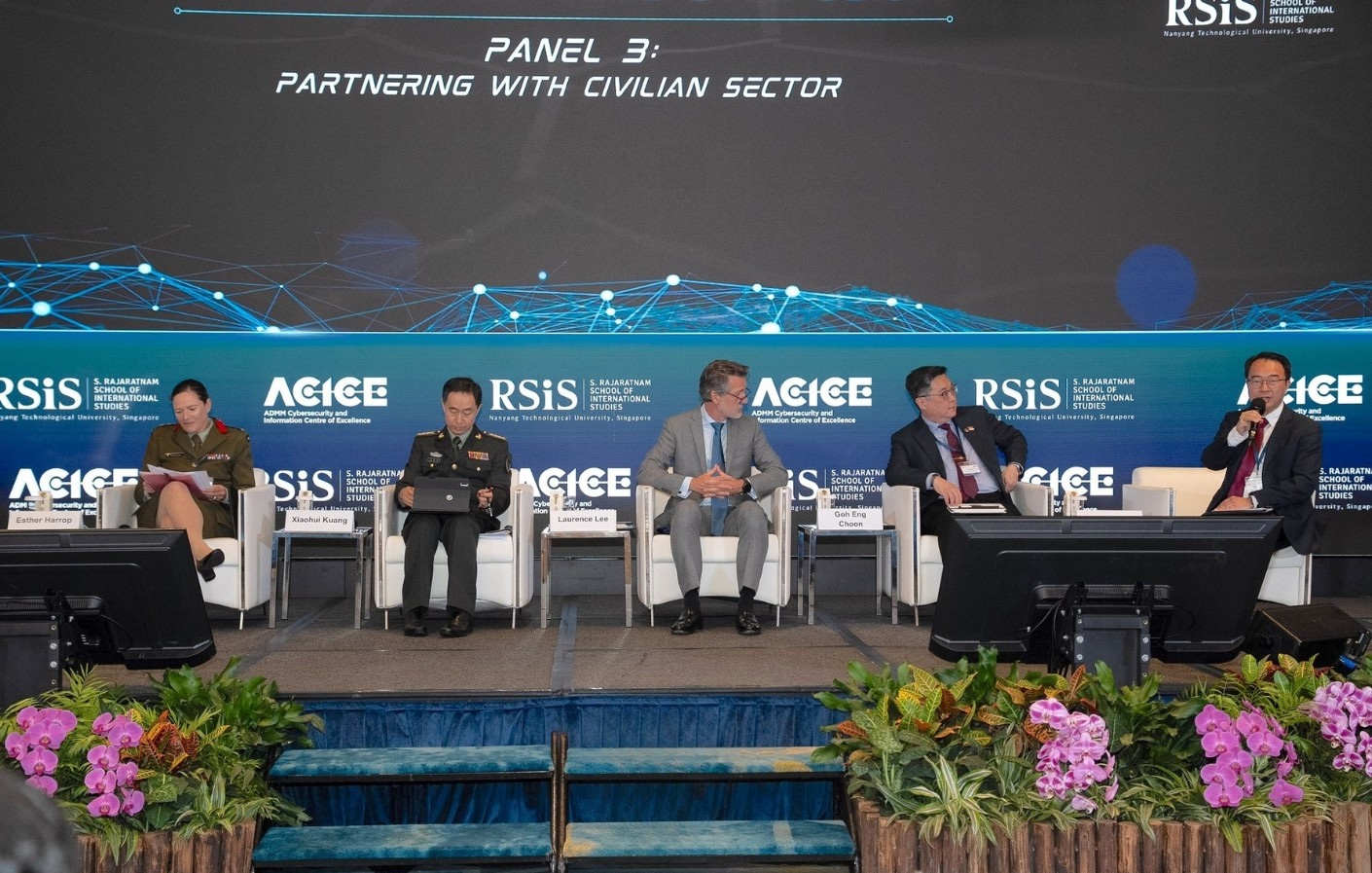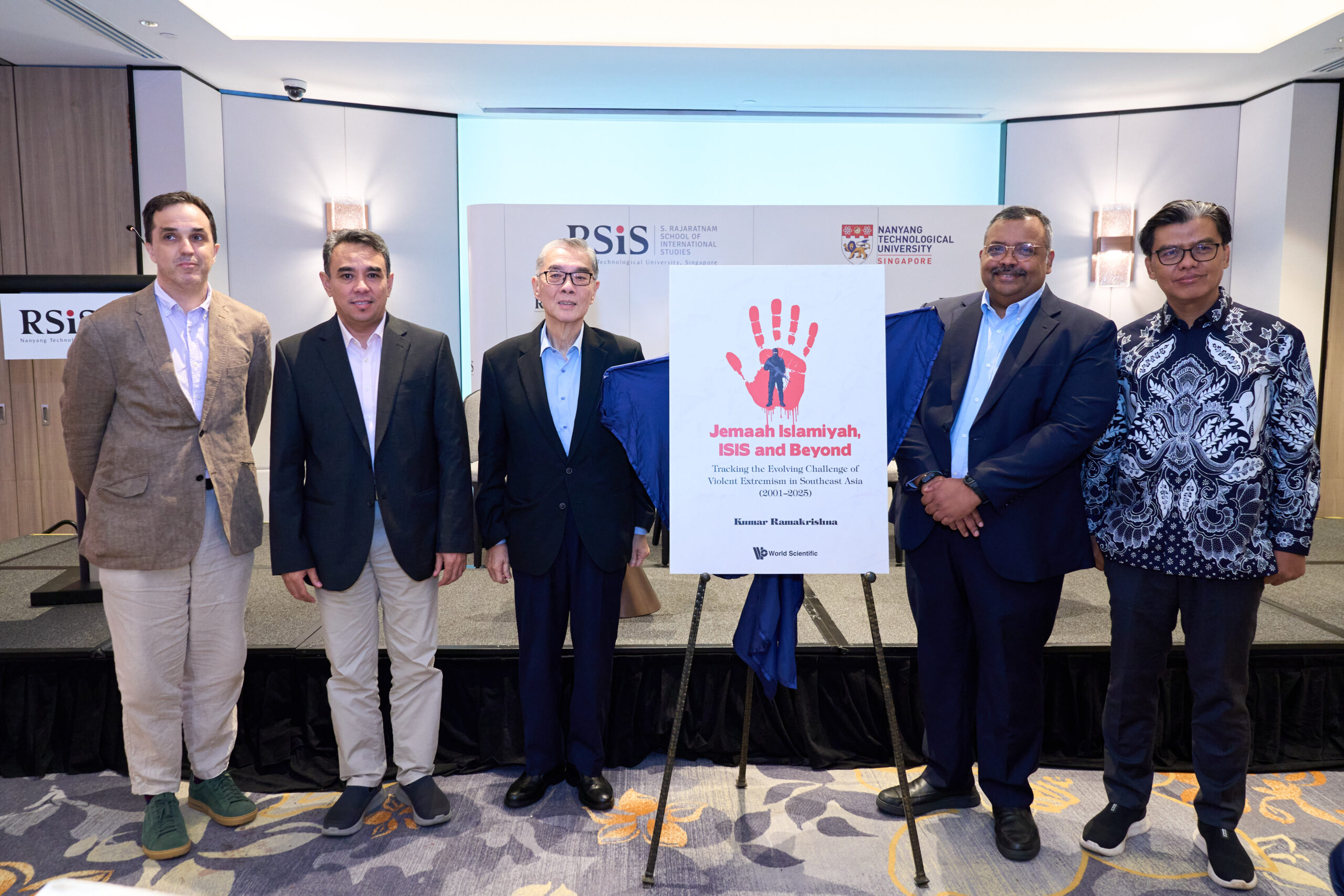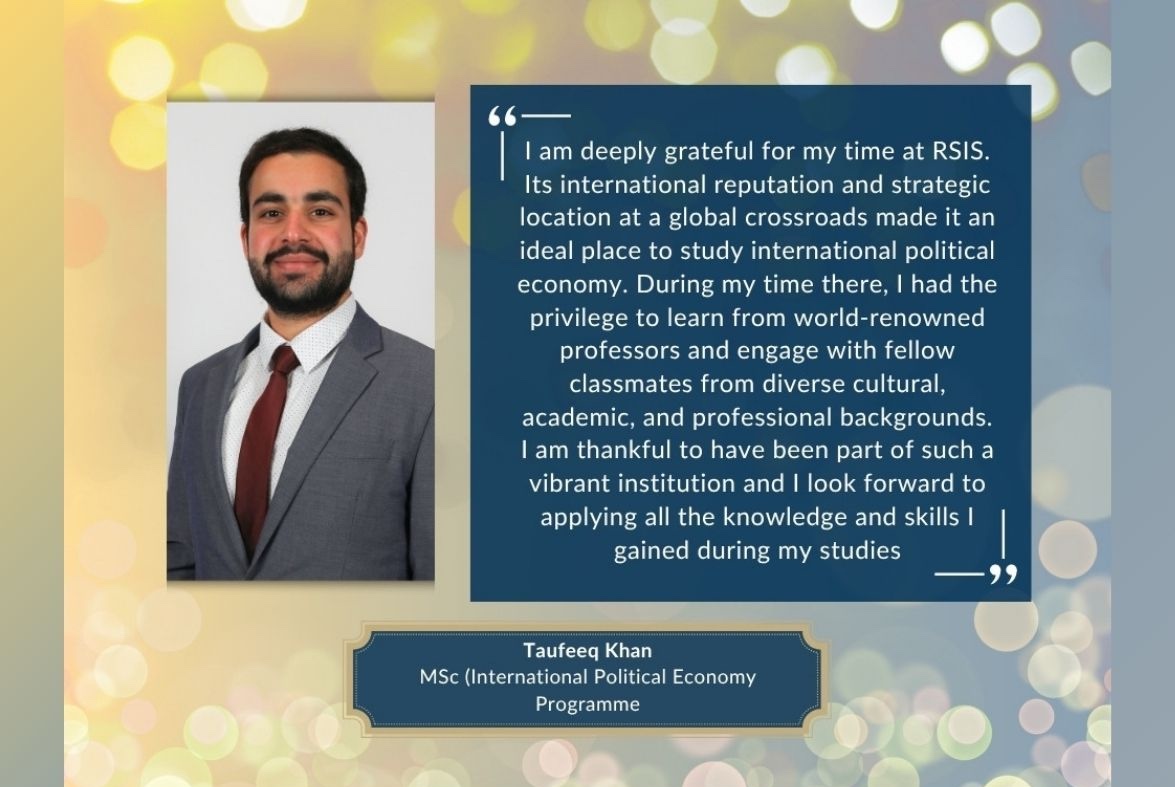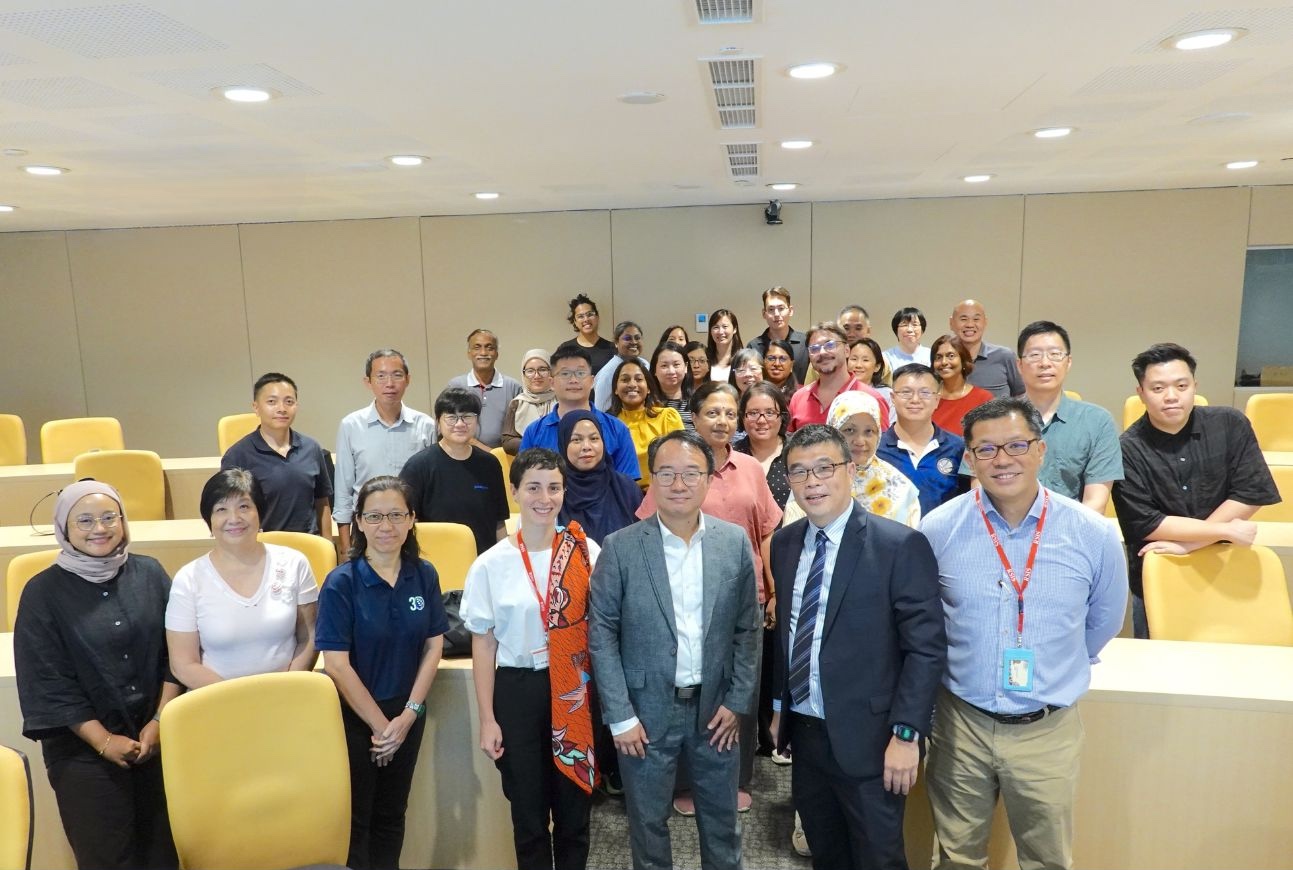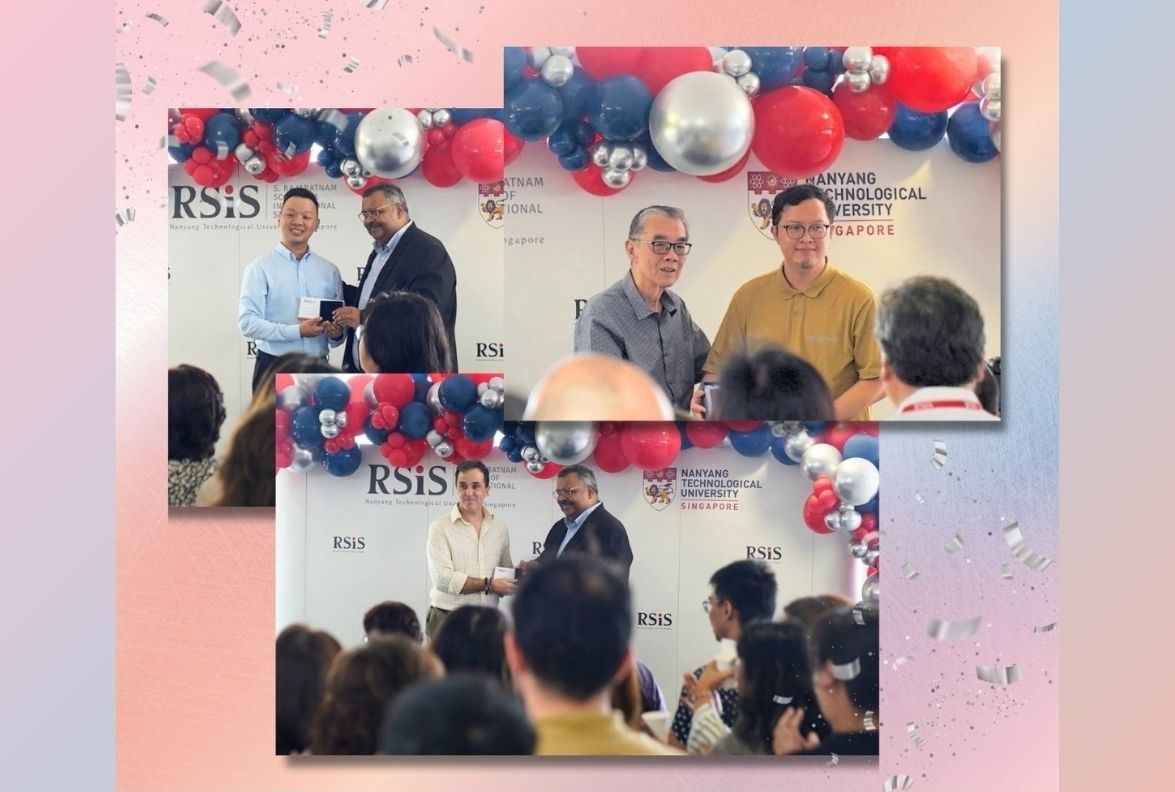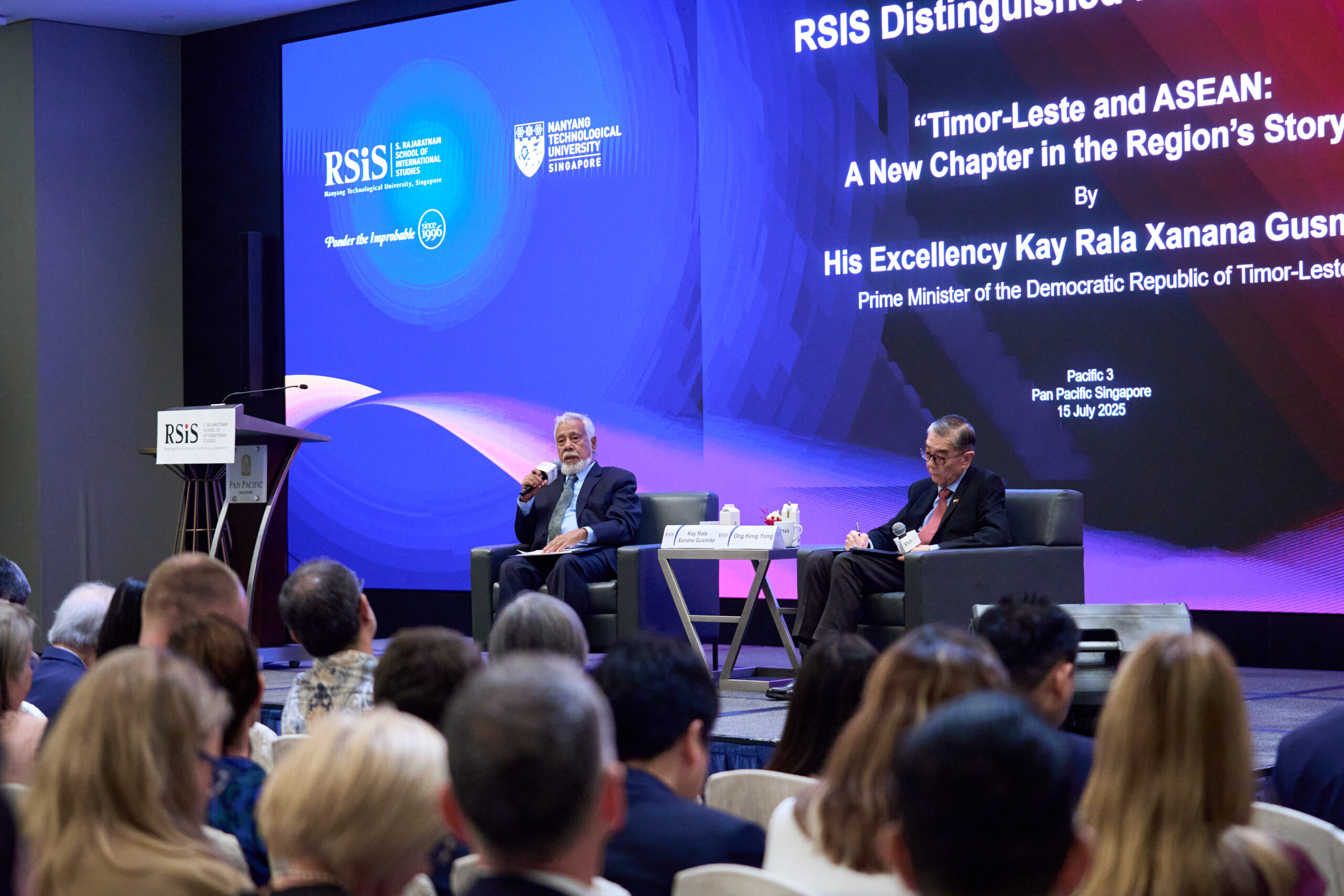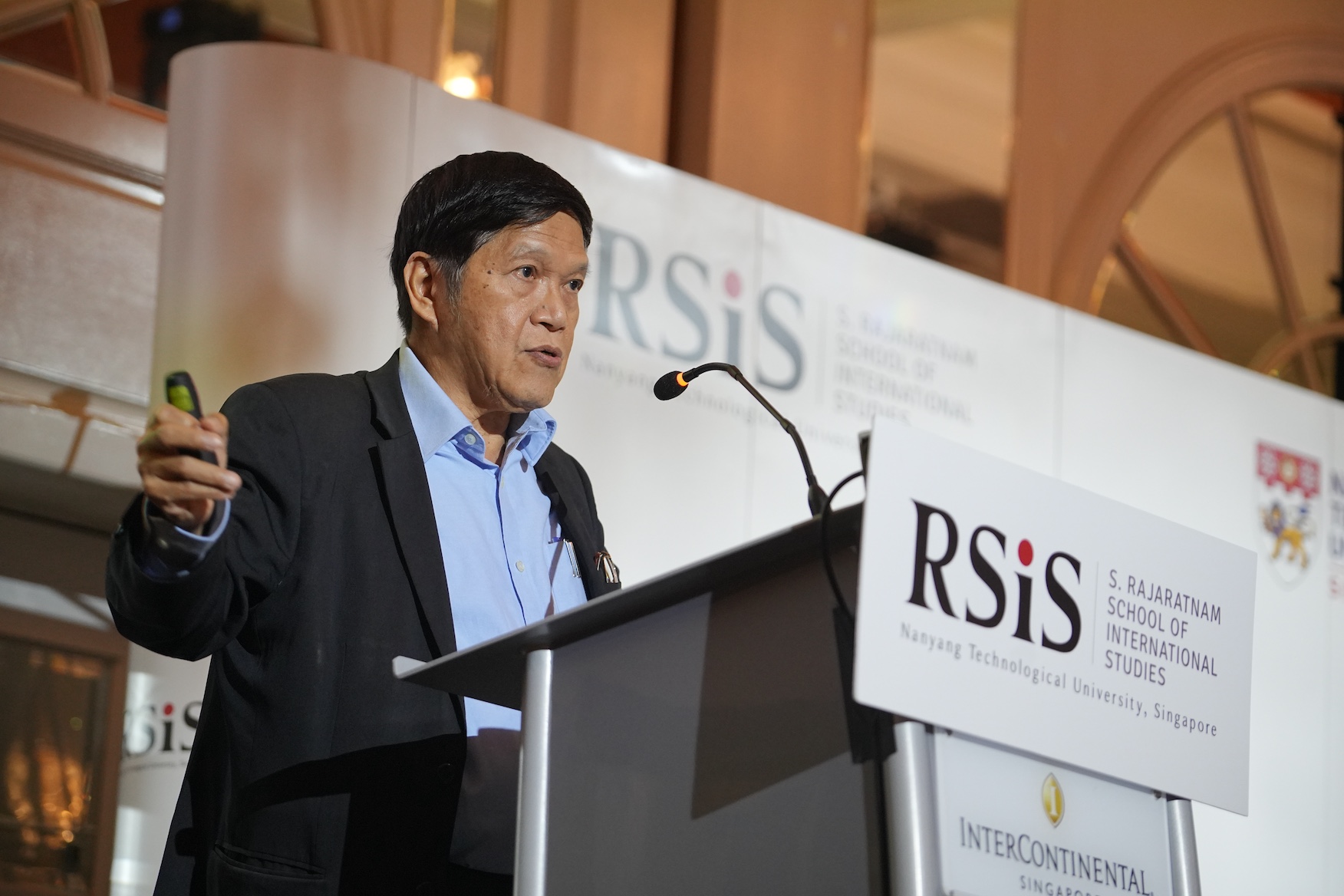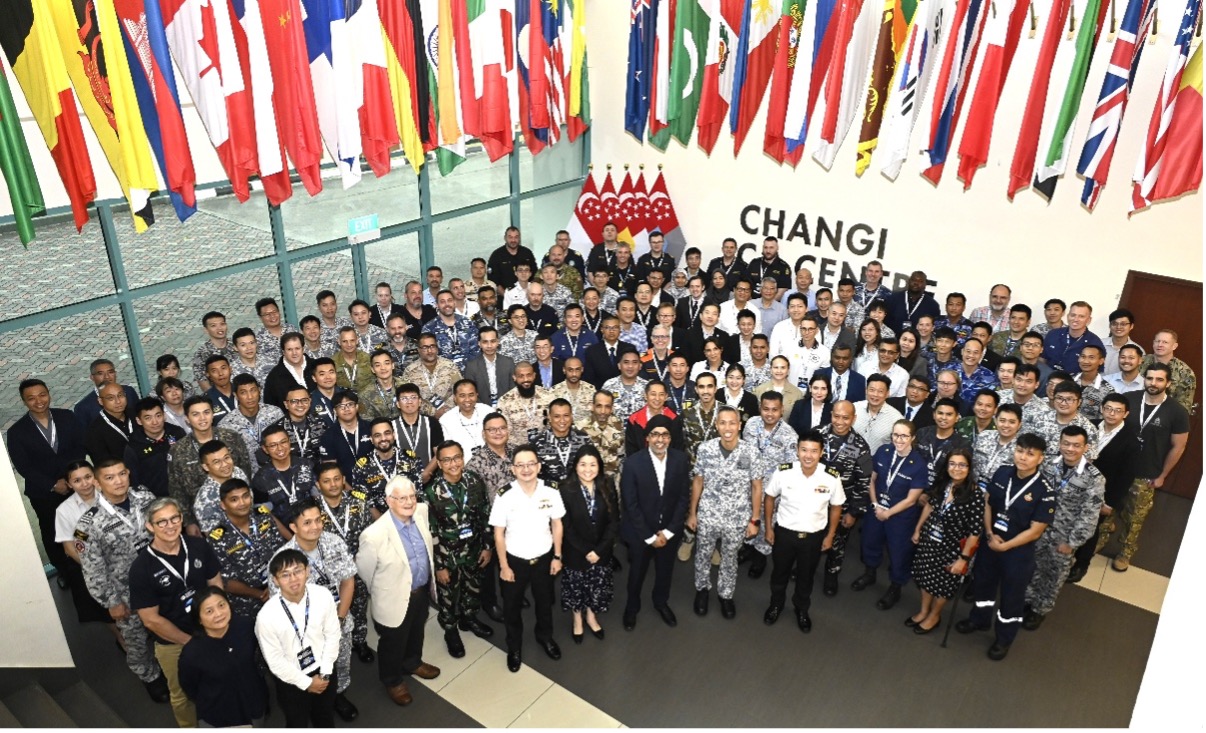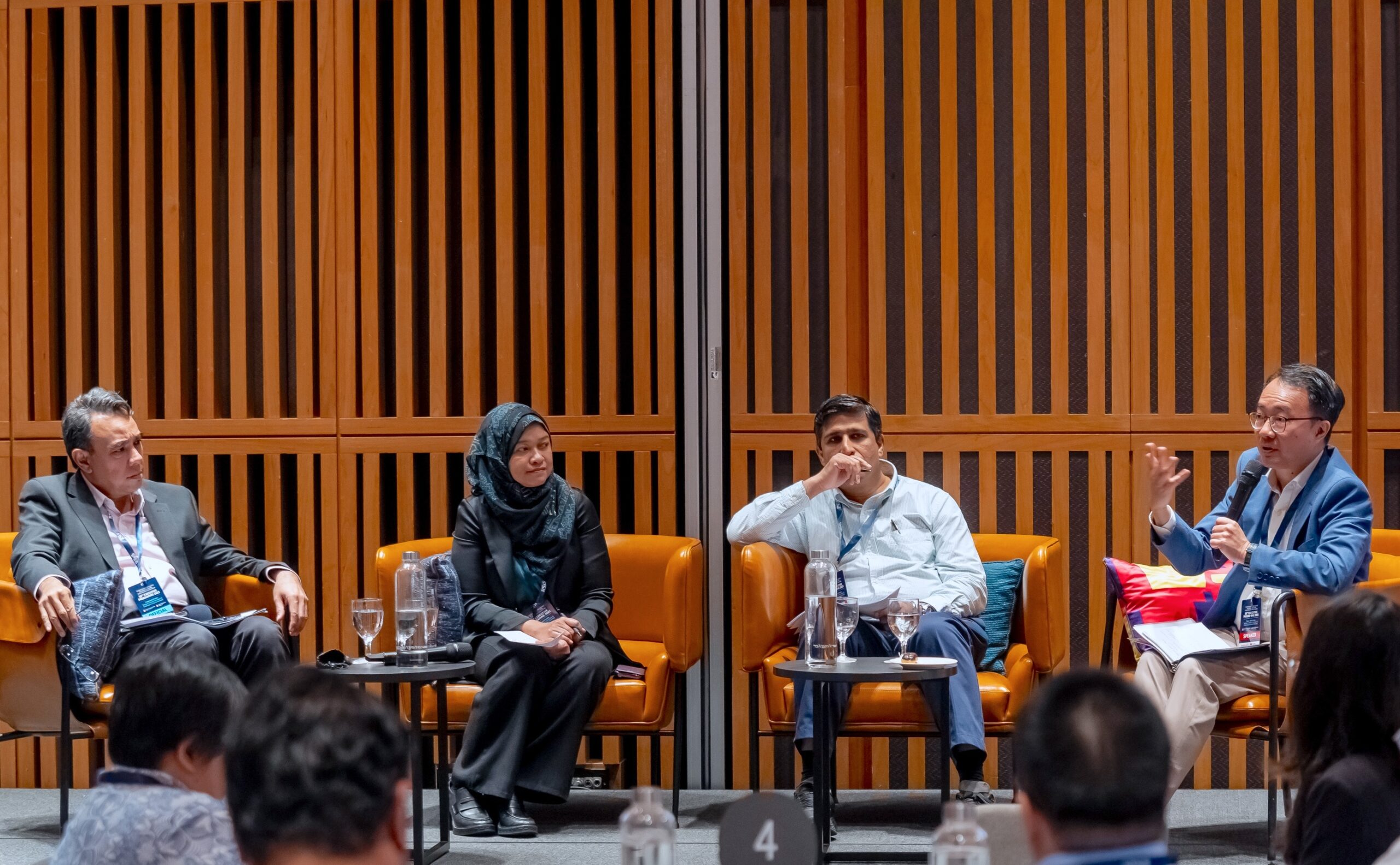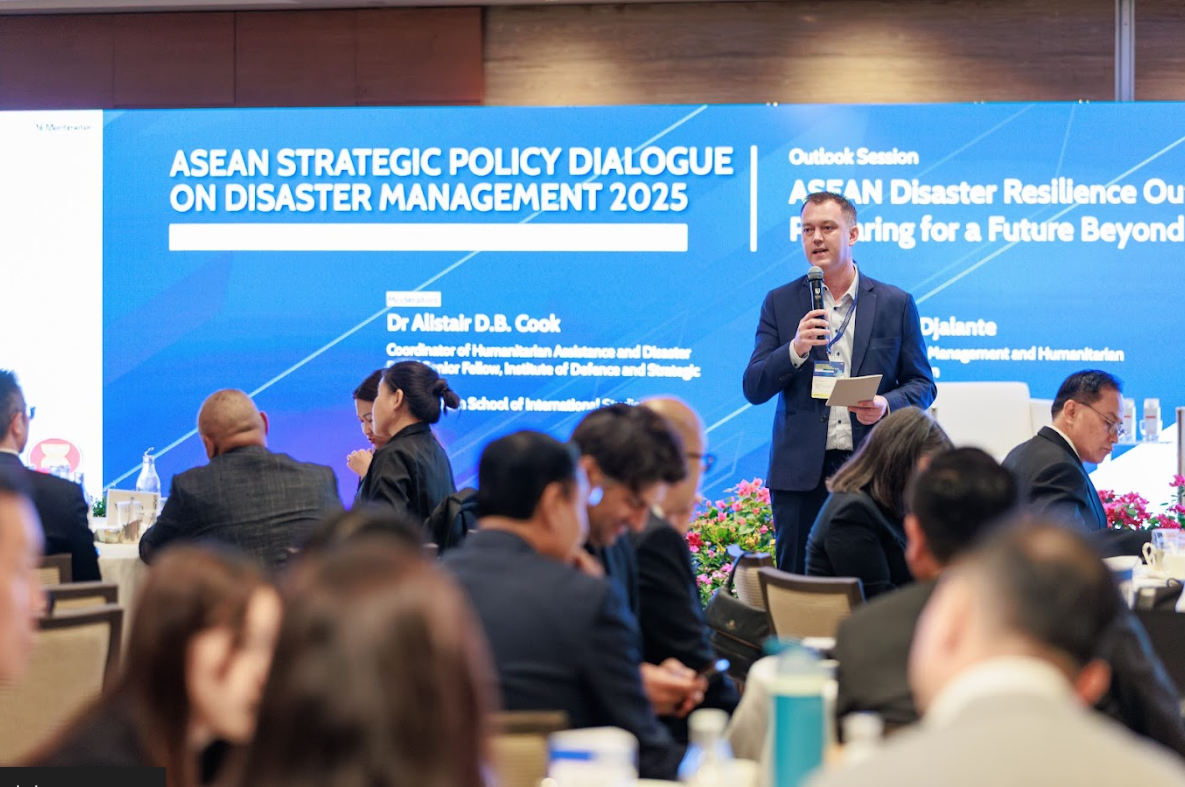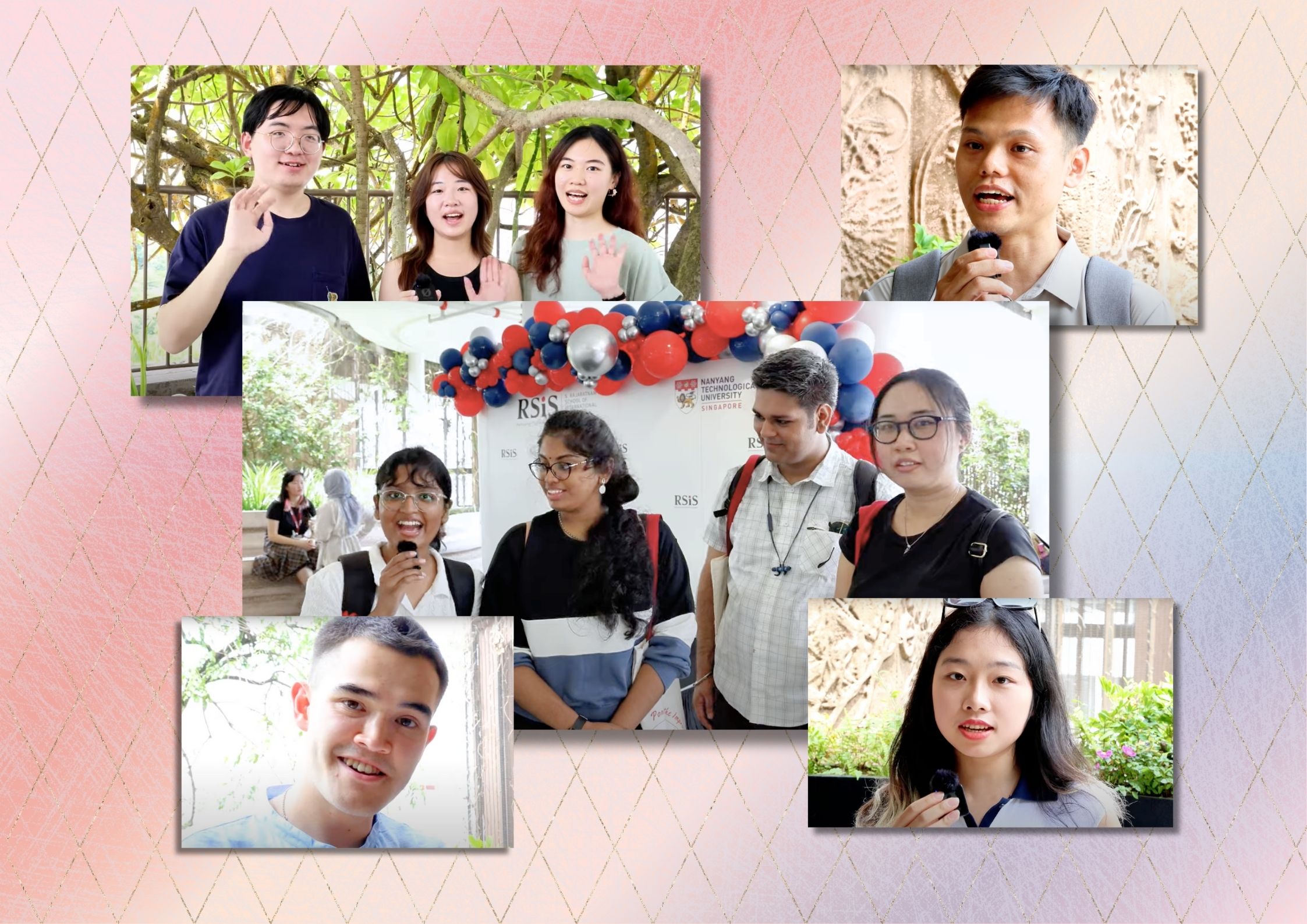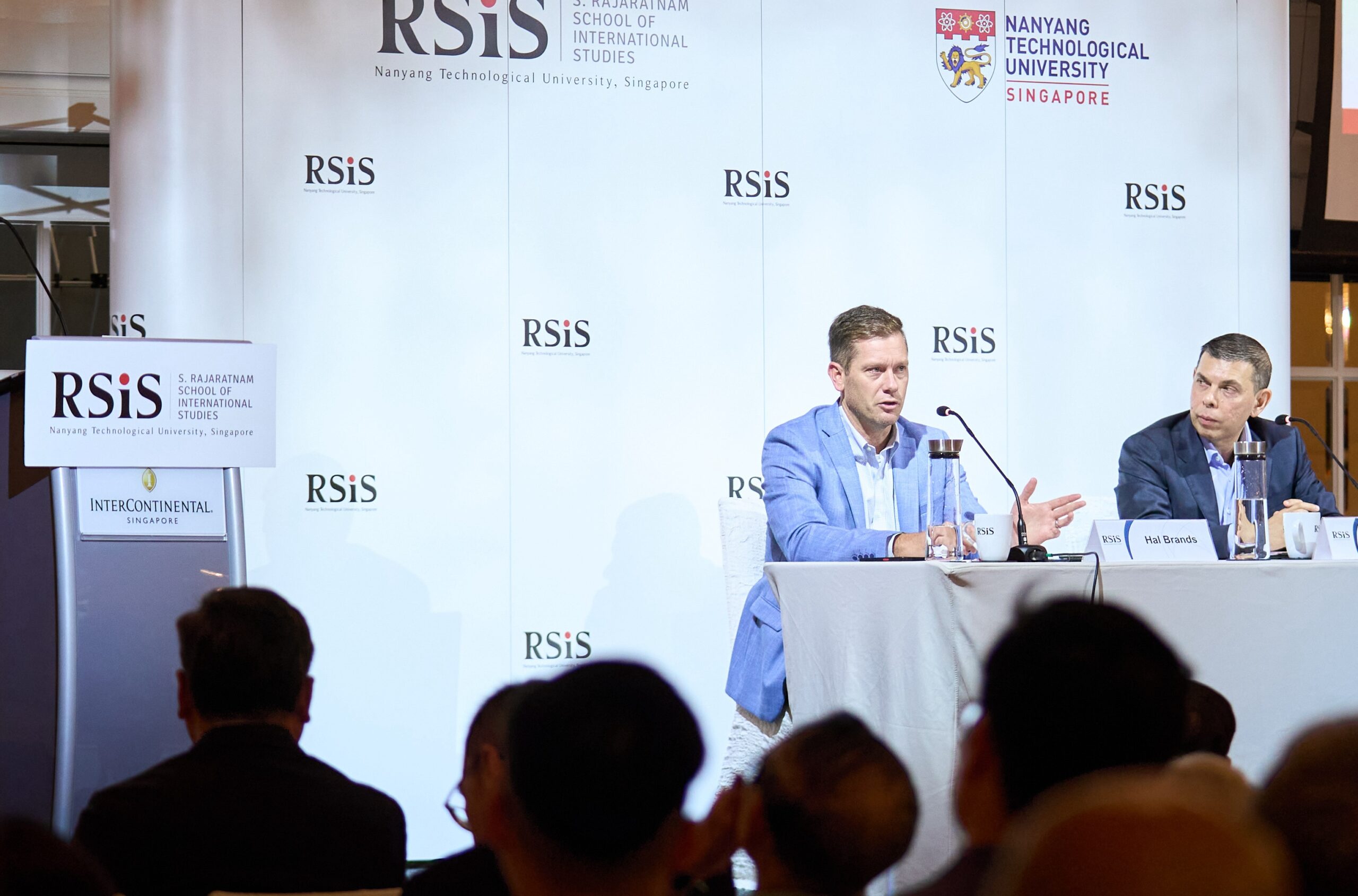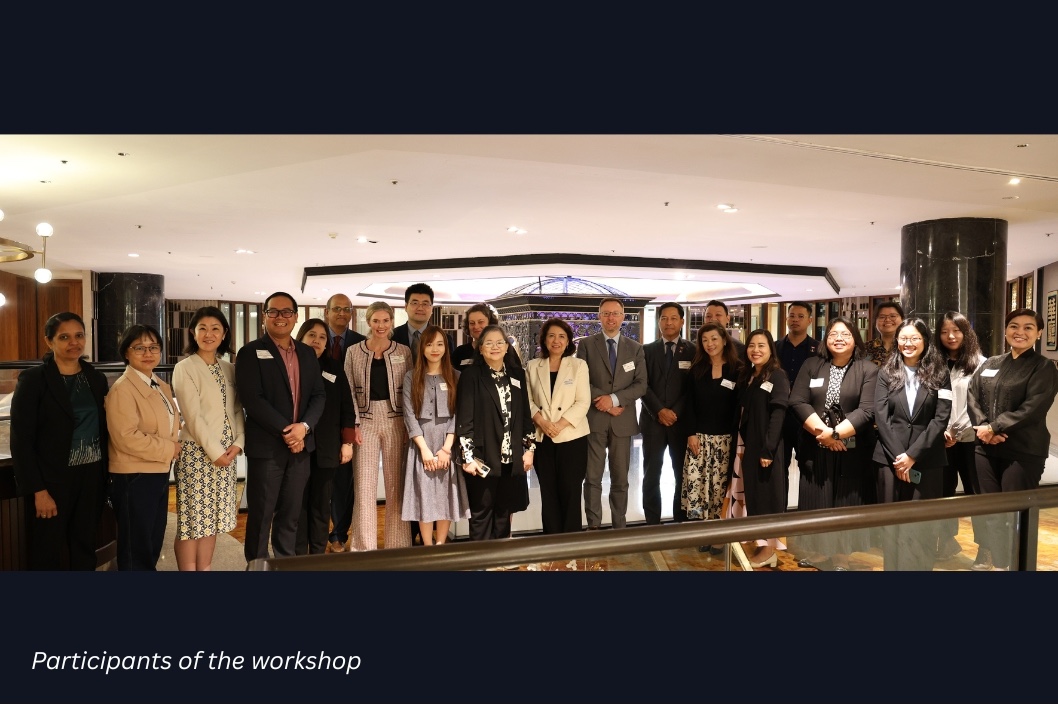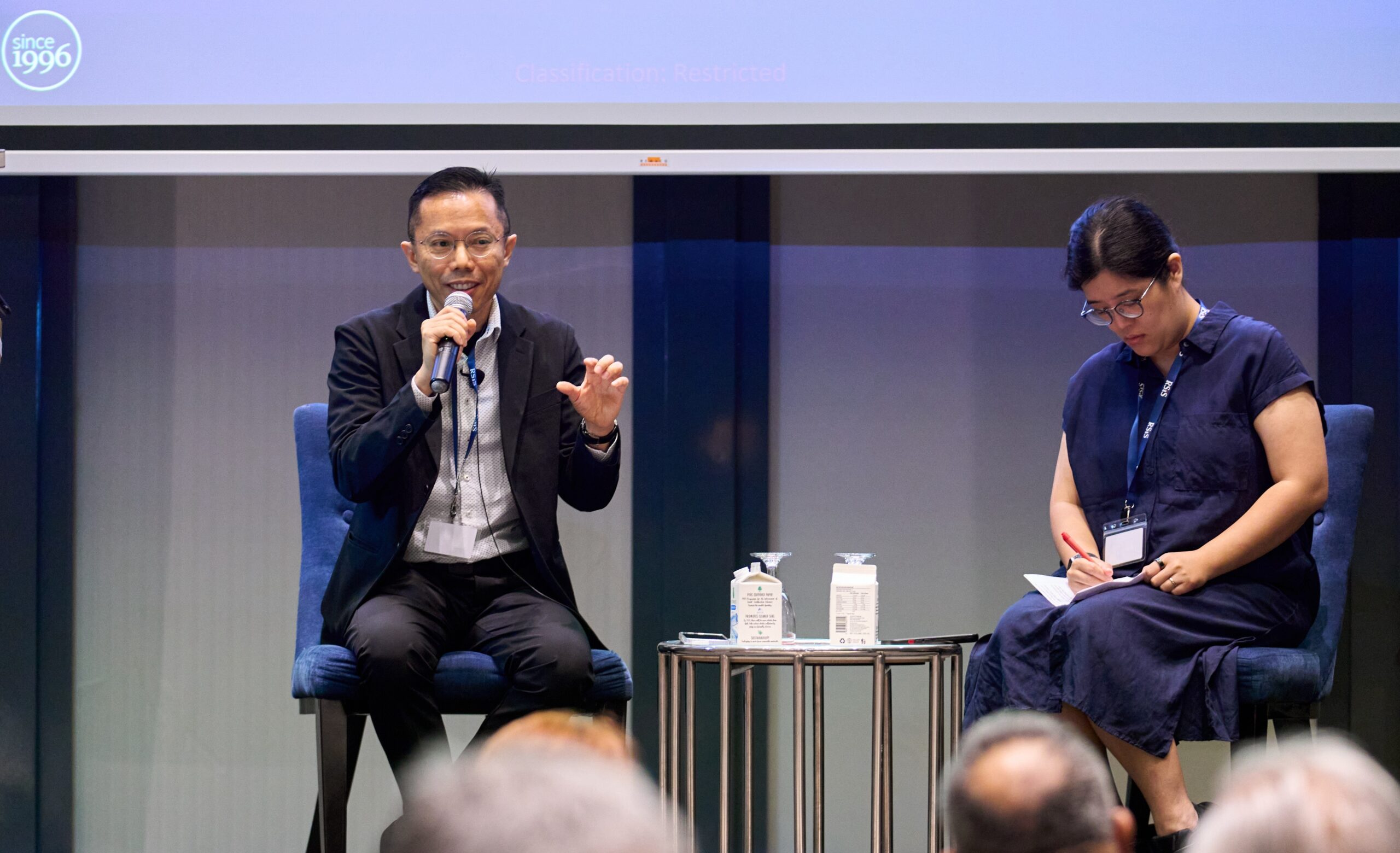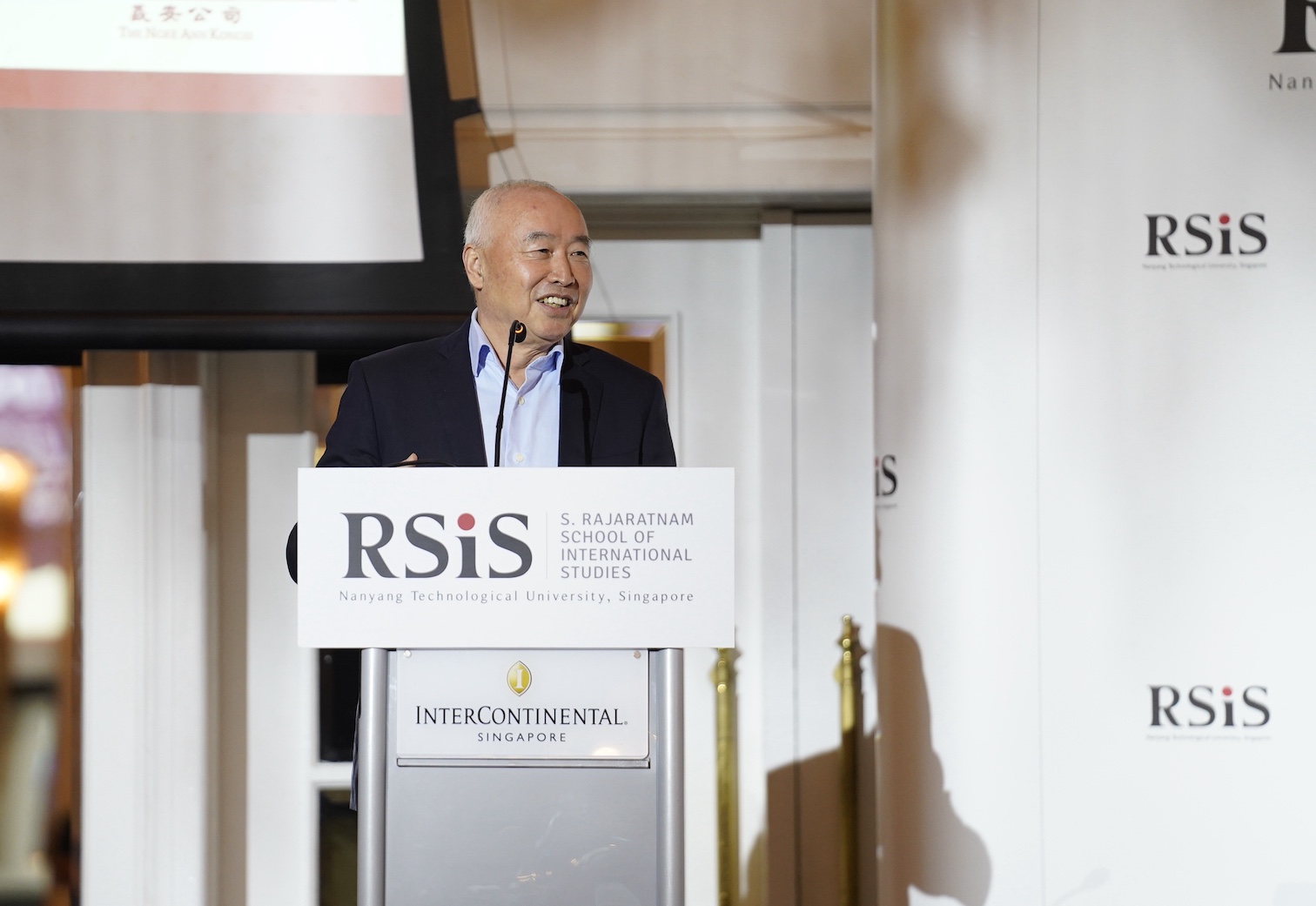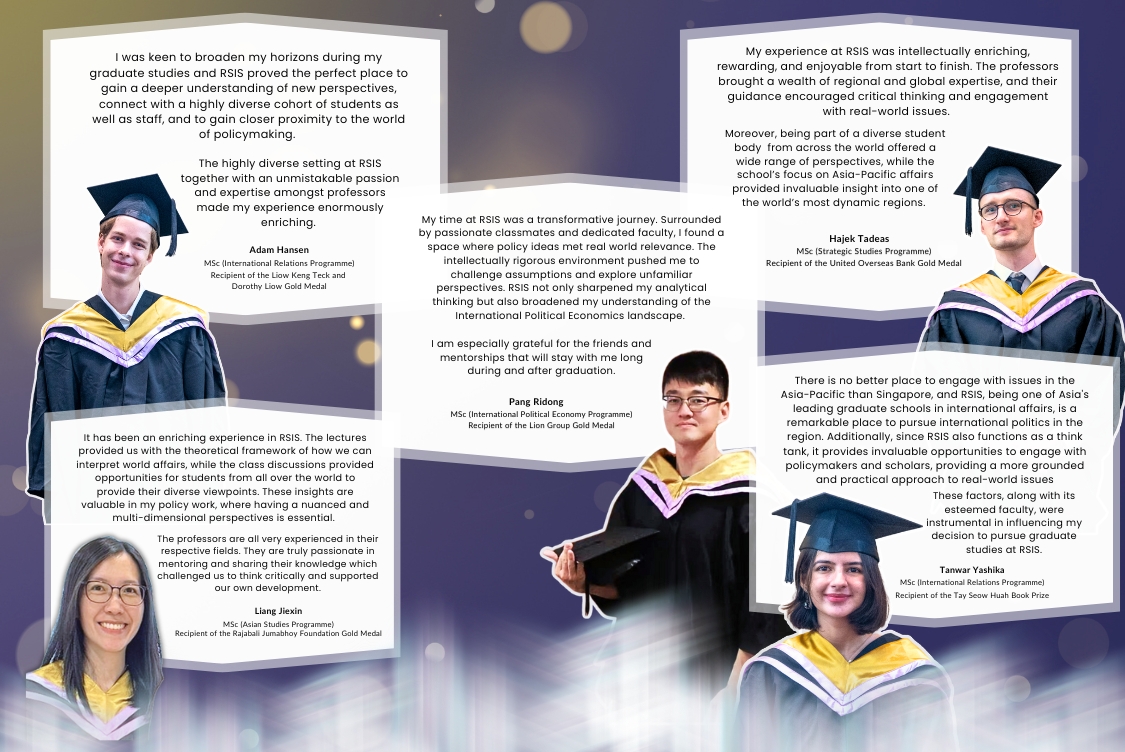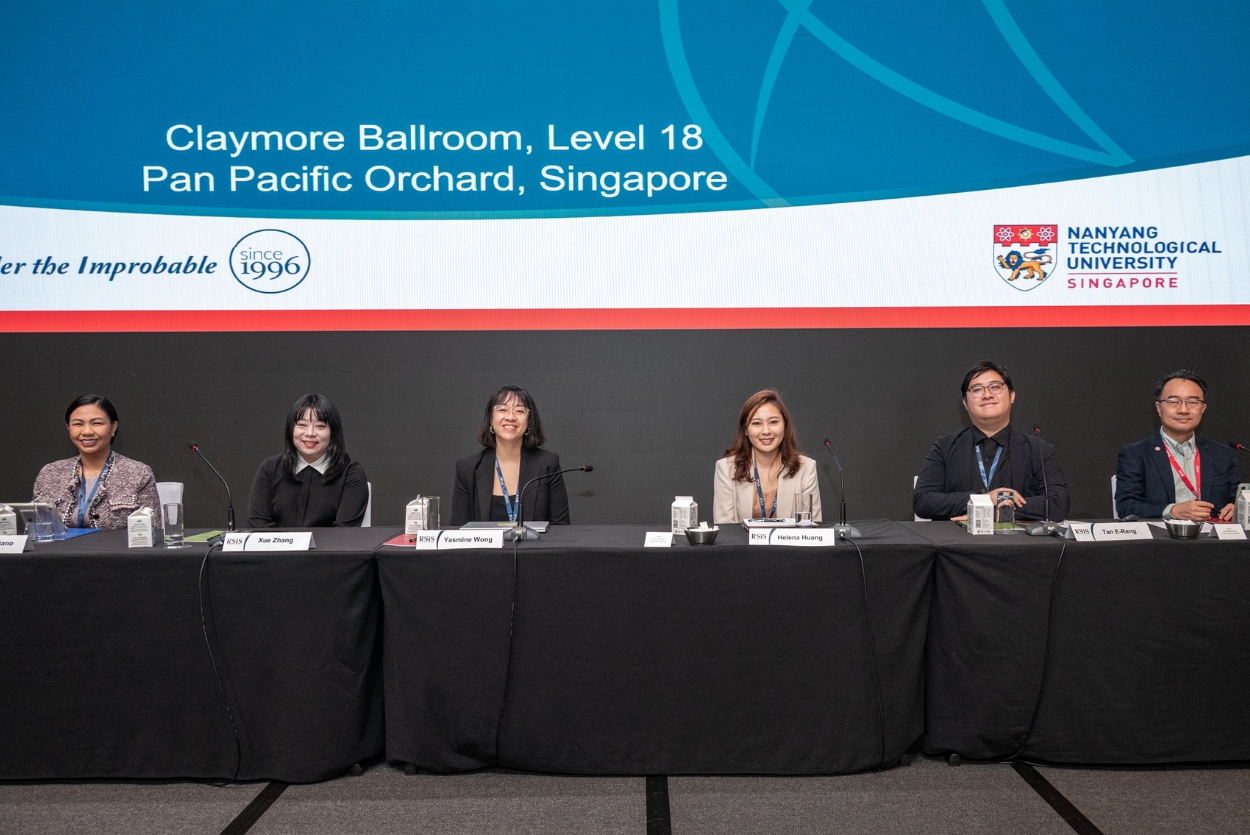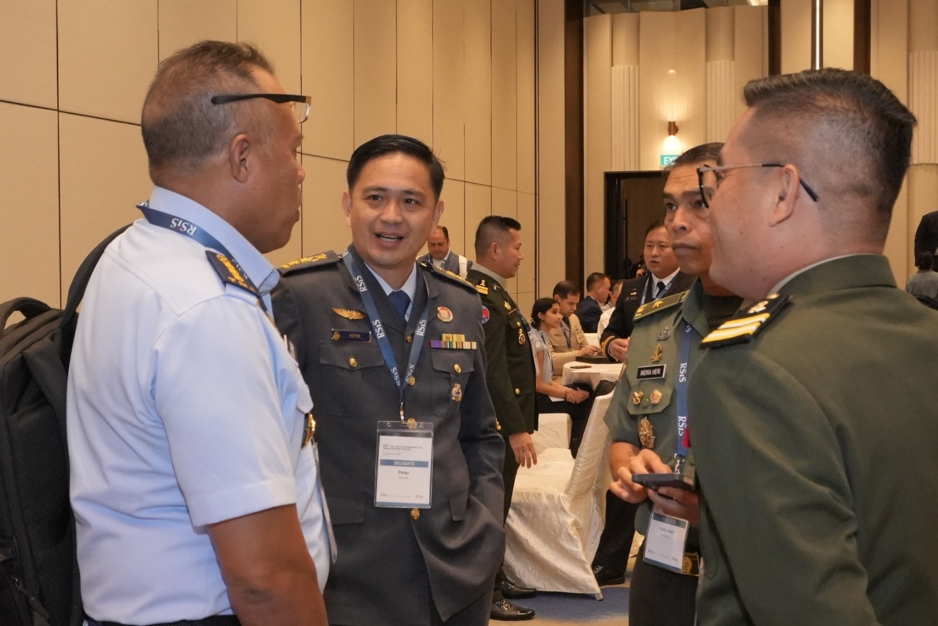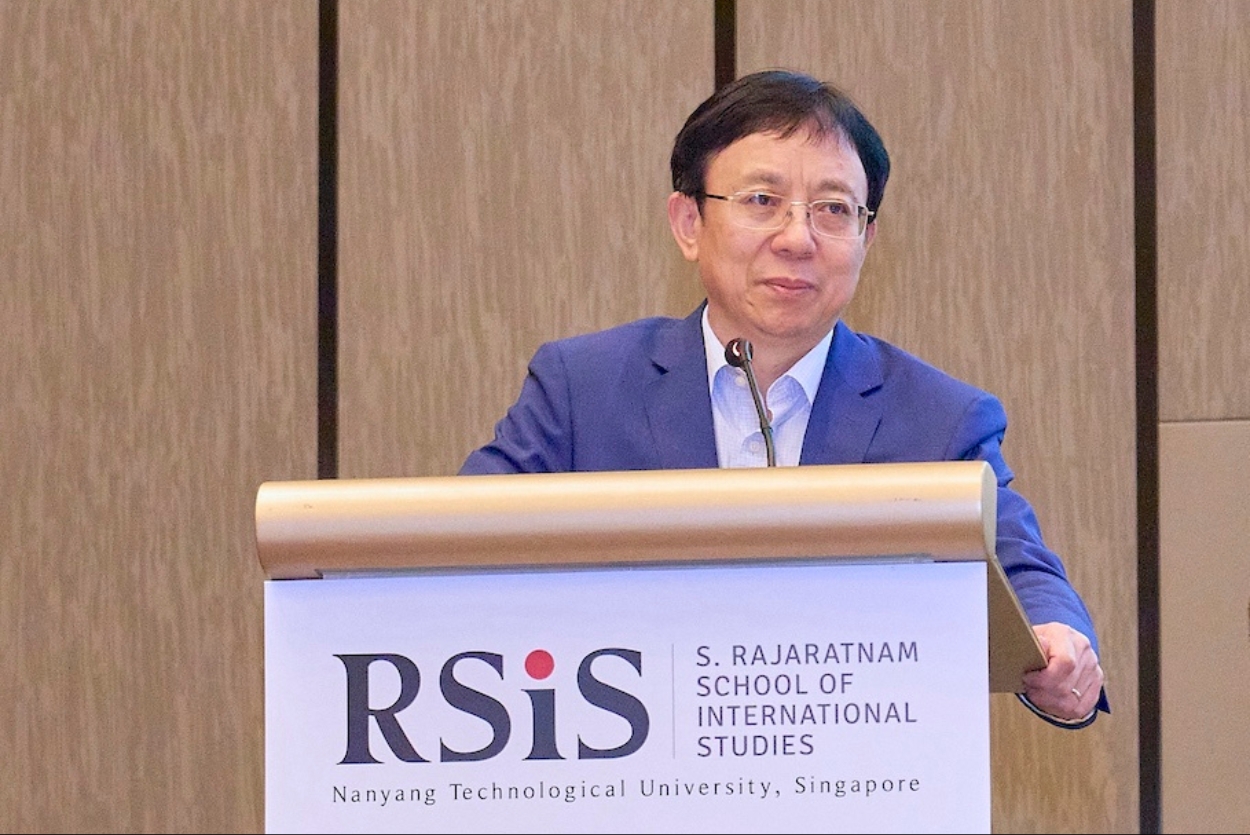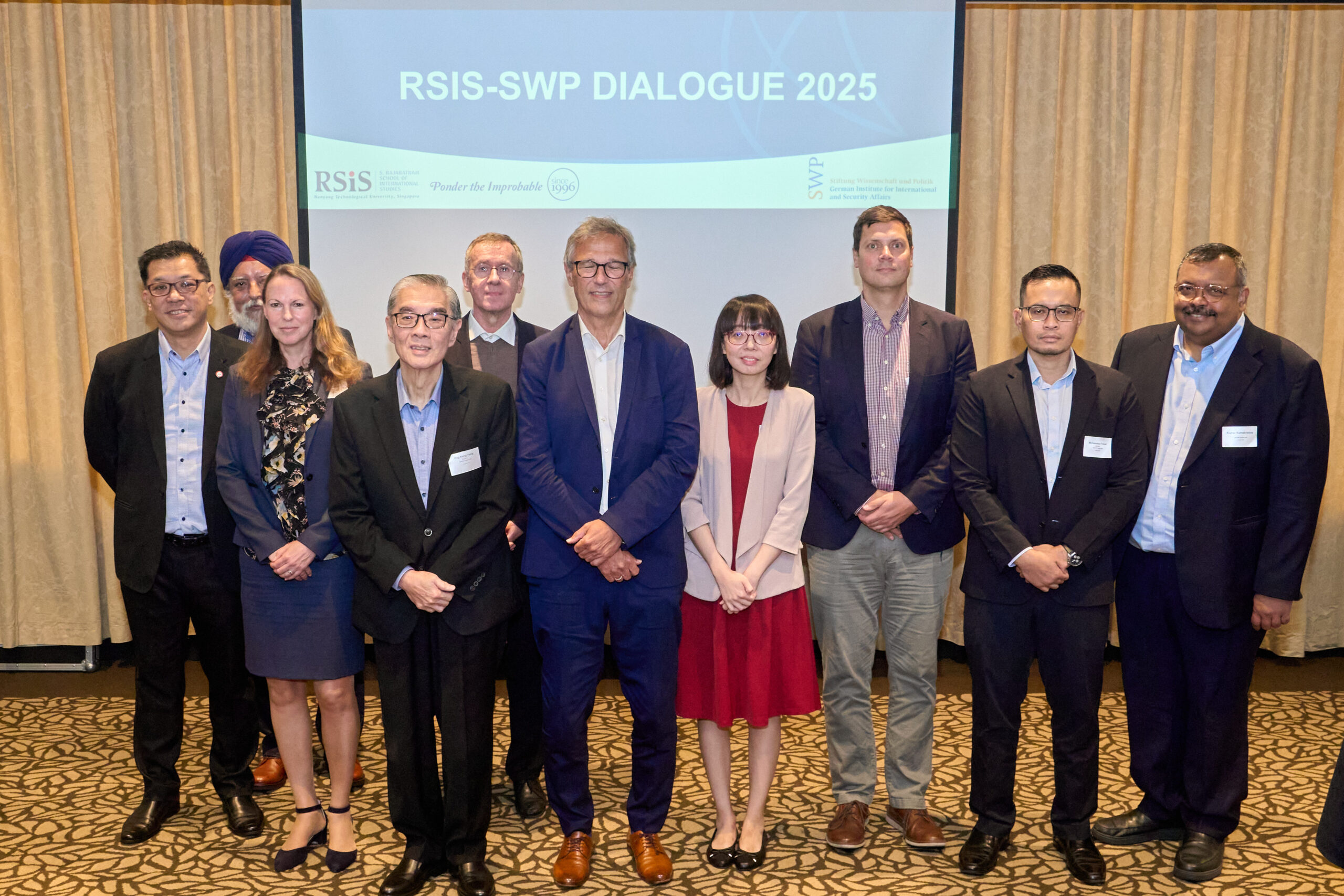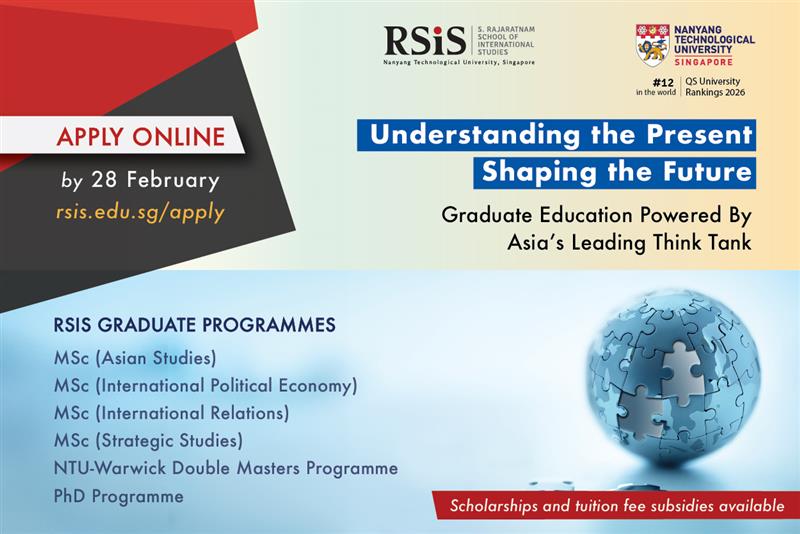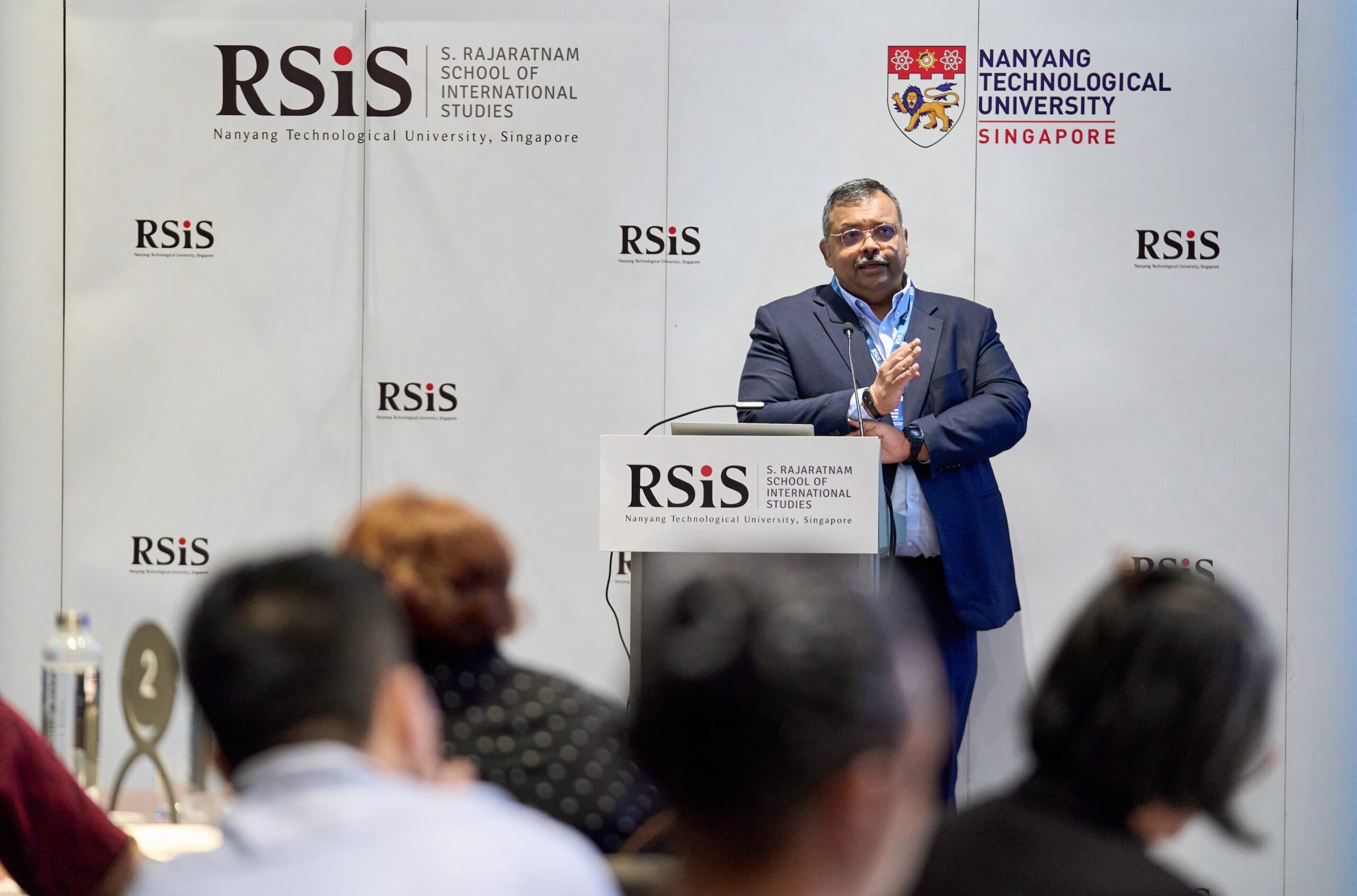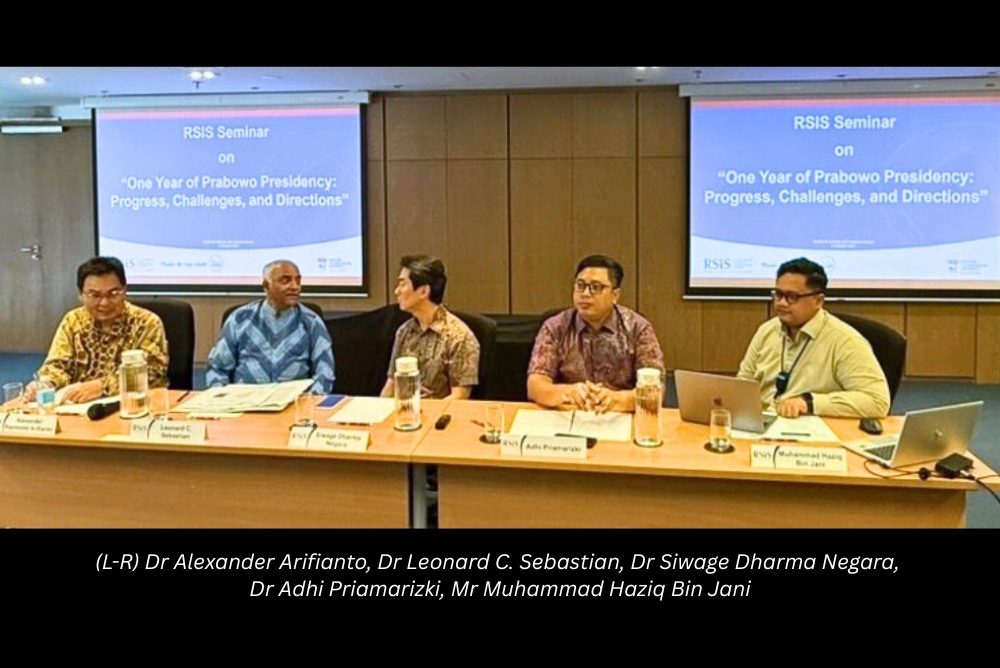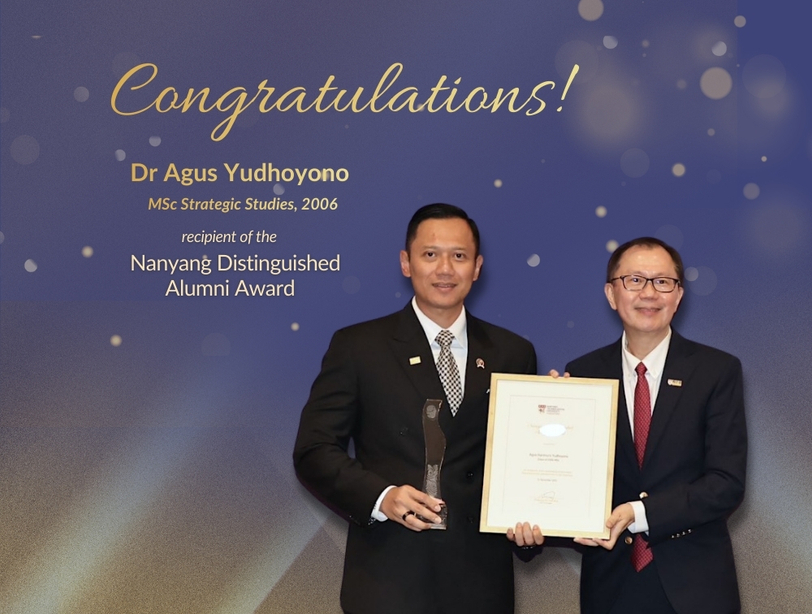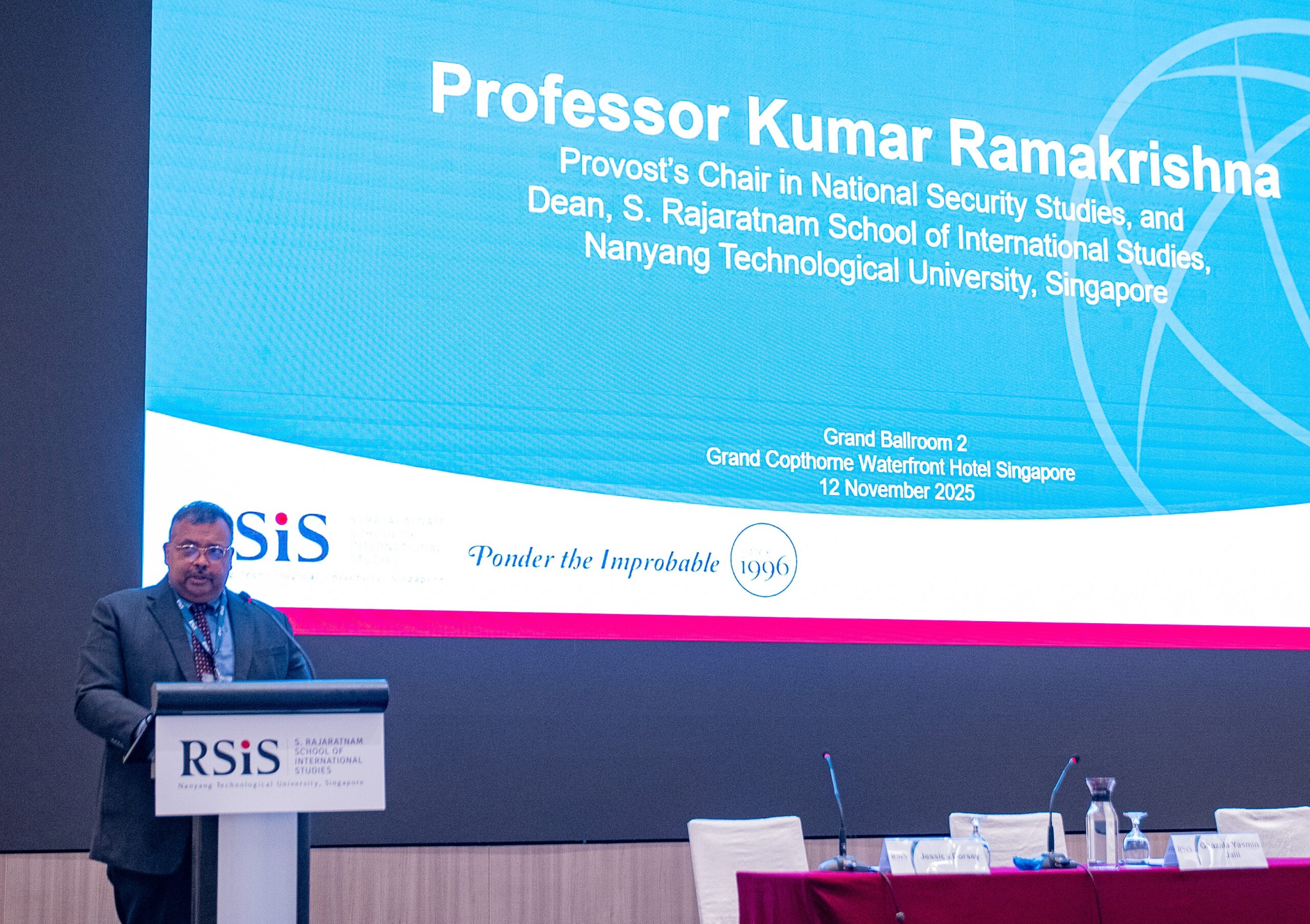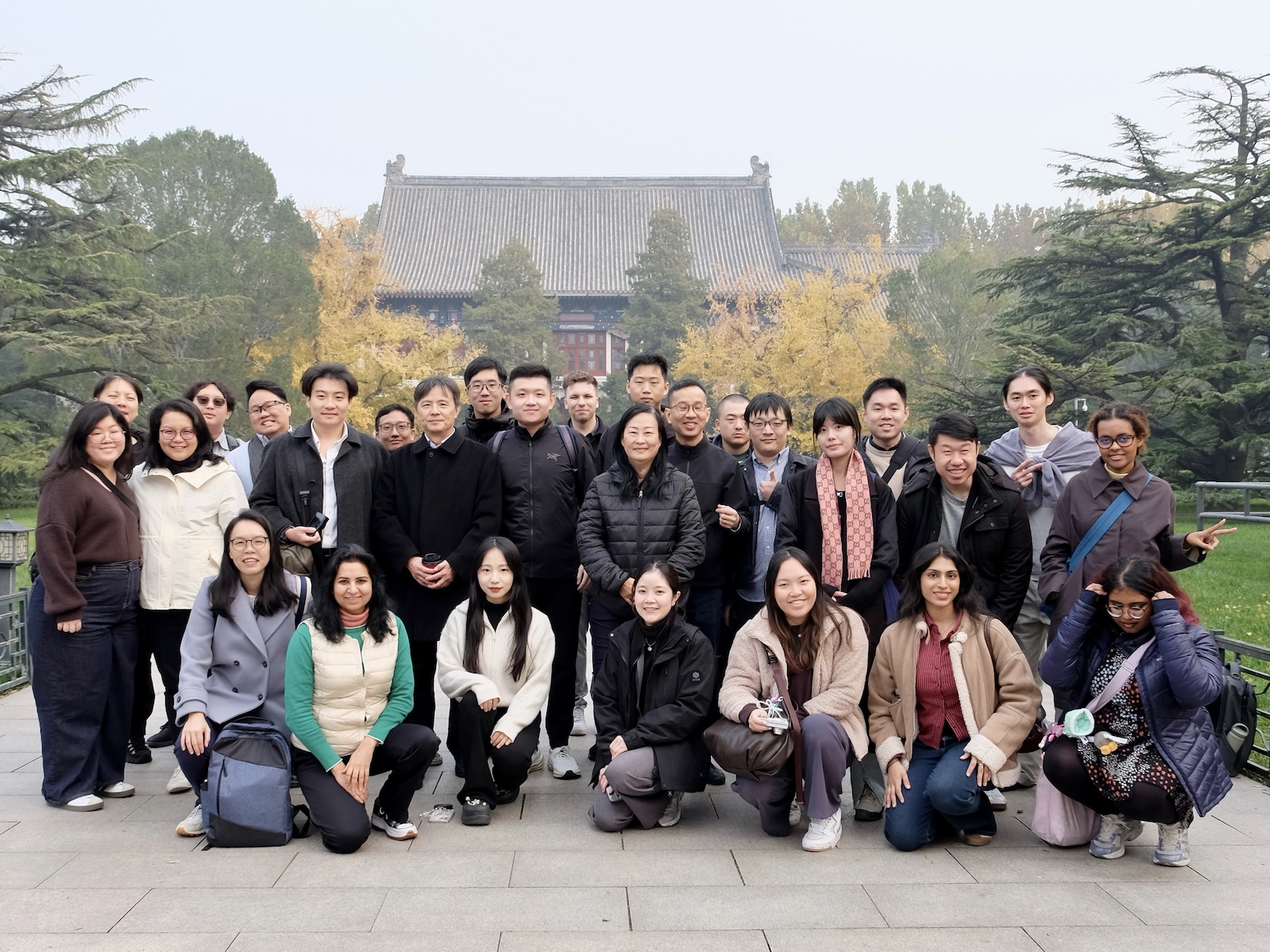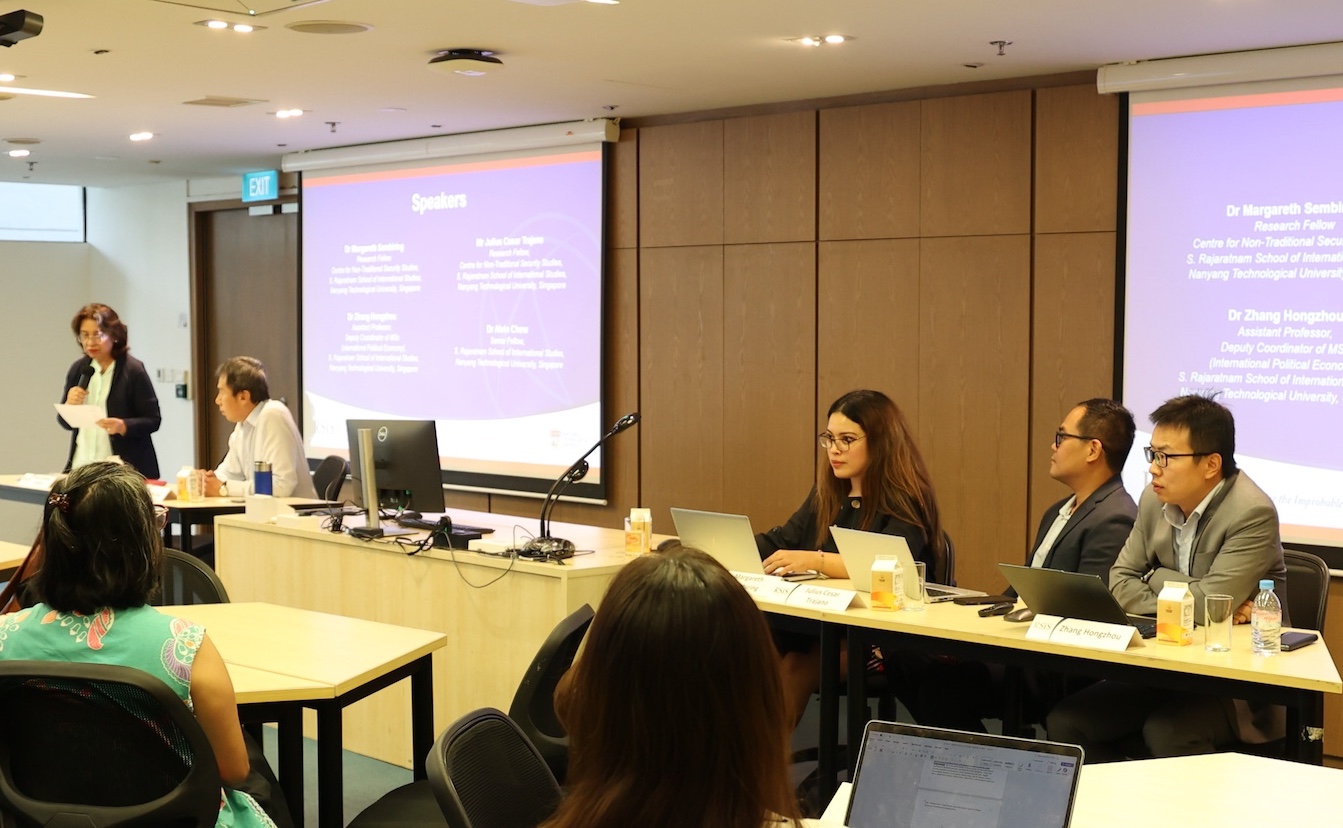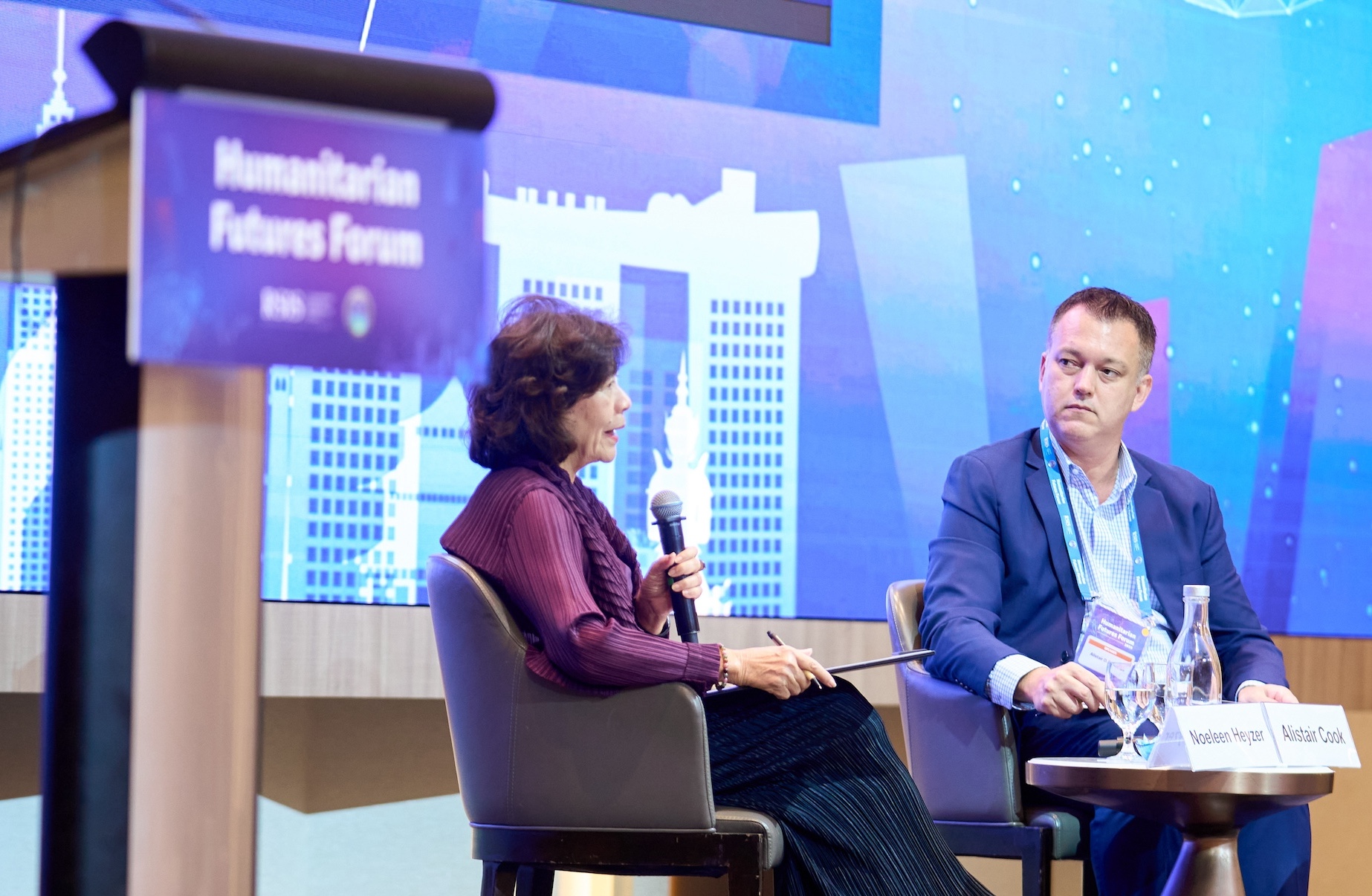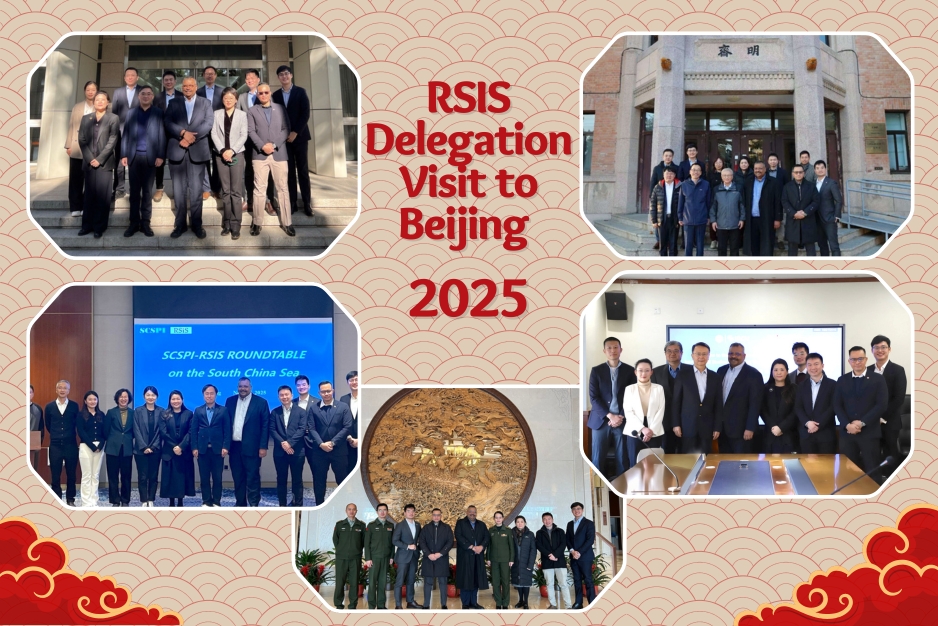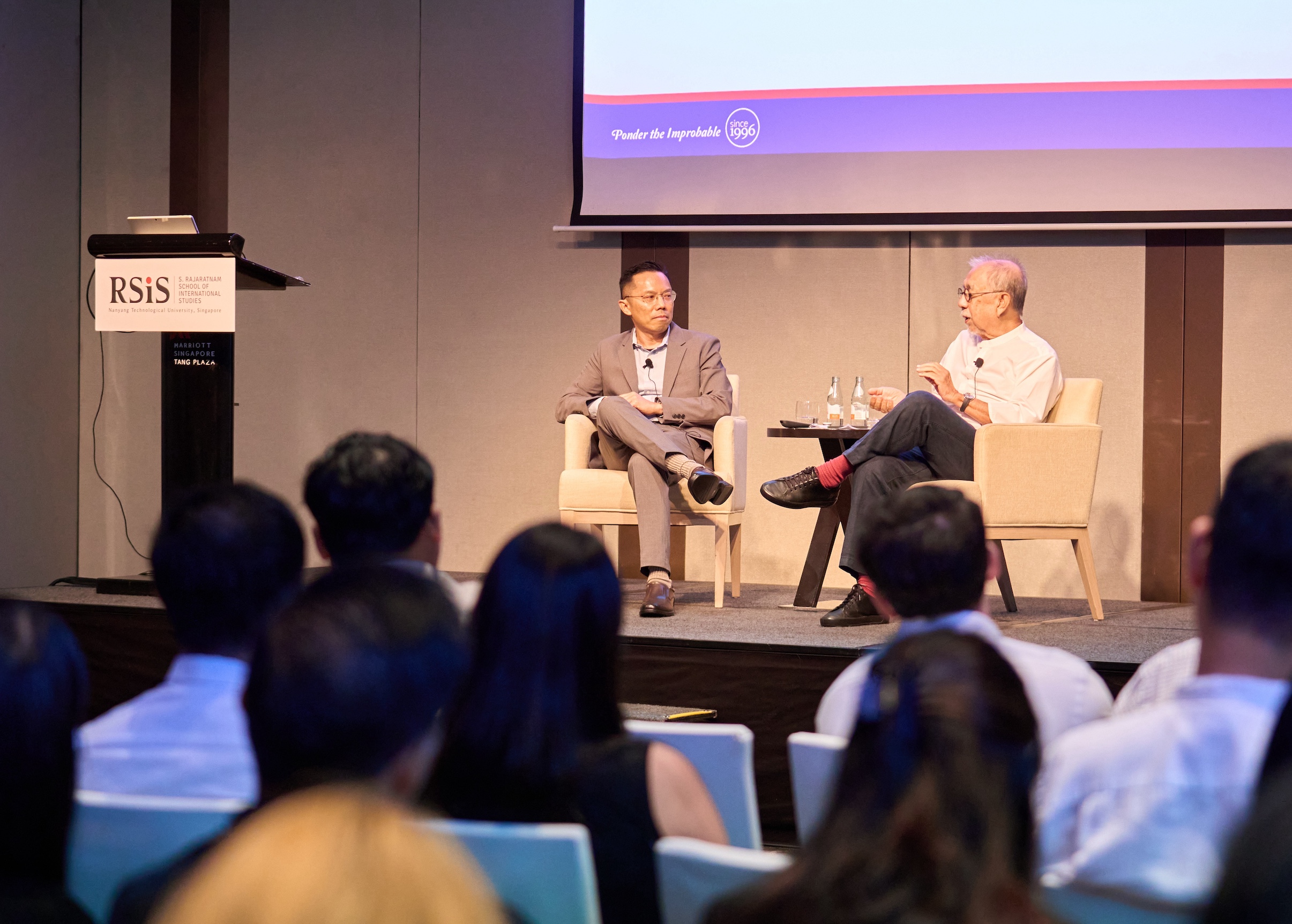
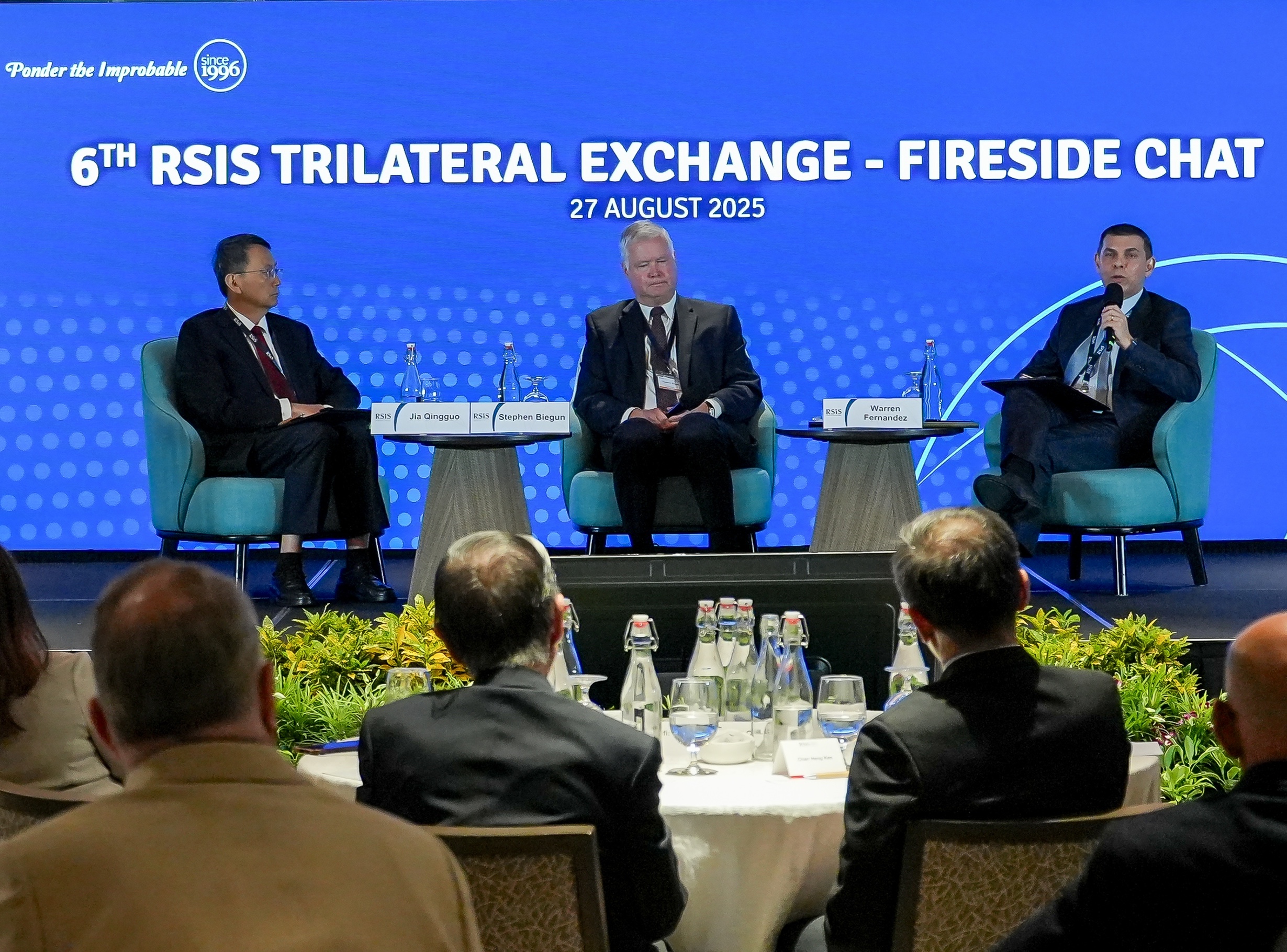
US–China relations remain a source of geopolitical anxiety under the second Trump administration, compounded by the uncertainty arising from regional conflicts in Europe and the Middle East. RSIS held the 6th Trilateral Exchange on “The Future of Engagement” from 27 to 29 August 2025 with the aim to enhance understanding of both the United States (US) and China’s priorities and to encourage constructive alignment where possible. Esteemed scholars from the US and China were invited to discuss and explore approaches to US–China relations in the context of evolving security challenges.
During the three-day conference, American and Chinese participants examined how the two global powers can navigate their complex relationship to reduce tensions, manage strategic rivalry, and establish frameworks for dialogue and collaboration. Perspectives were shared on what the future of US–China relations may look like, and on how the international community can better navigate the uncertainties ahead.
Particular attention was given to the rapid advancement of critical and emerging technologies—from generative artificial intelligence and semiconductors to biotechnology and clean energy—which are reshaping global security and raising questions about how to balance capability development with responsible use. Leading experts from both Beijing and Washington explored the challenges and strategic dynamics of technological competition, as well as the potential for cooperation between the United States and China. The discussion also revealed how smaller states and middle powers might navigate the escalating technology competition between the United States and China.
Additionally, the discussions moved beyond conventional analyses of US–China rivalry to consider what stability and security might look like in the Asia-Pacific. Scholars from both China and the United States examined whether a new equilibrium is possible—one that does not rely solely on great-power deterrence but also incorporates the agency and diverse interests of regional stakeholders. The dialogue also explored alternative frameworks for stability that take into account the changing geopolitical landscape, rapid technological disruption, and the complexities of an increasingly multipolar world.
Among the key lessons of the 6th Trilateral Exchange was that, although US–China relations may fluctuate, opportunities for cooperation remain in specific areas. For instance, leveraging technology to enhance safety in the commercial sector and developing international rules to reduce the risk of accidents in the deployment of autonomous systems. The discussions also highlight the importance of sustaining communication channels, with the international community playing an active role in facilitating dialogue and managing uncertainties.




